Advisory Board
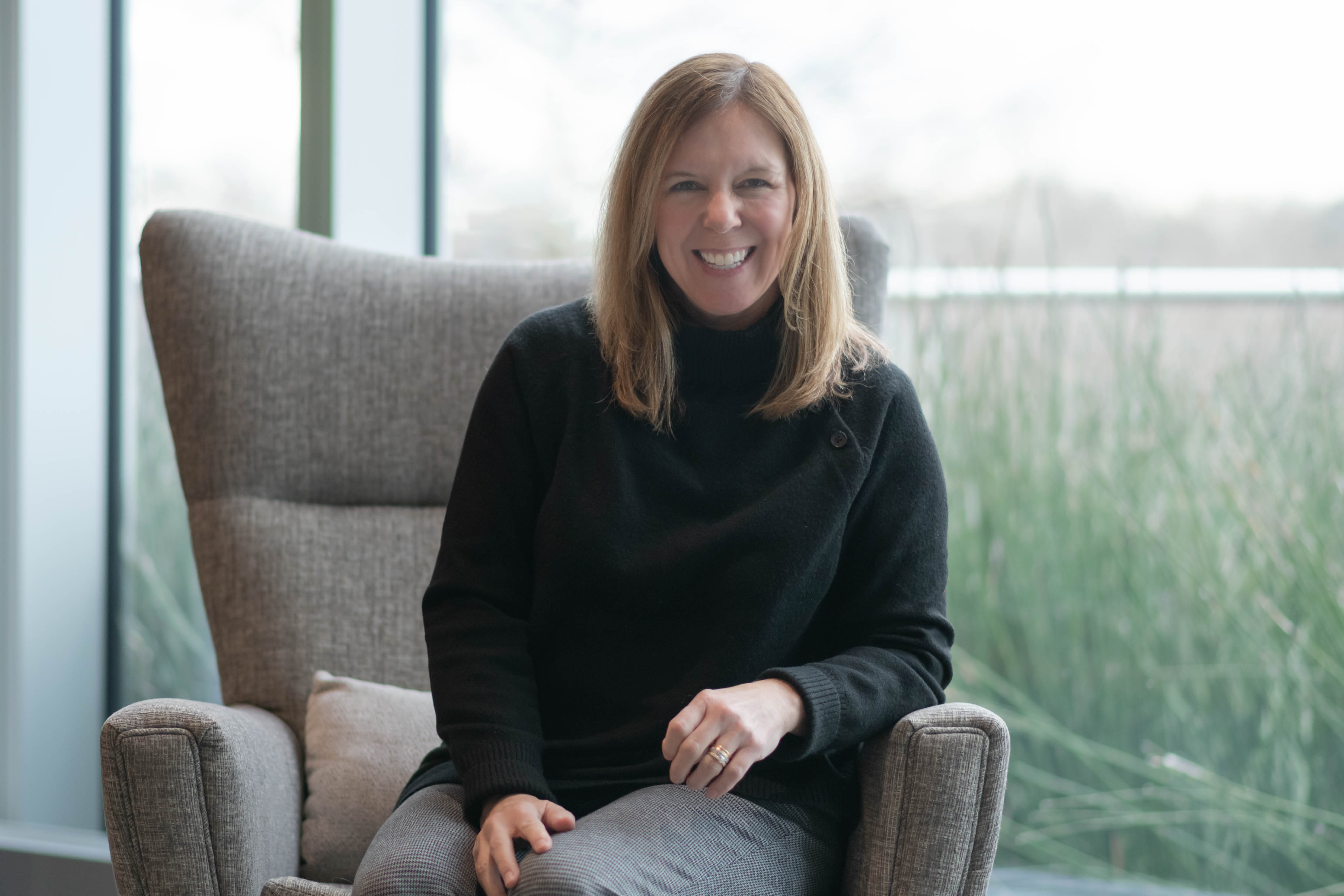
Dawn Anderson-Butcher (she/her)
PhD, MSW
Professor
Ohio State University School of Social Work
anderson-butcher.1@osu.edu
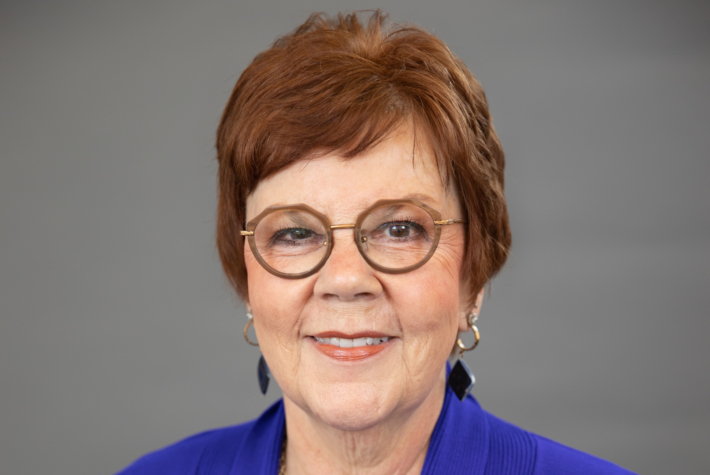
Sally Baas (she/her)
EdD, EdS
Professor Emeritus
Concordia University Saint Paul
baas@csp.edu
Dr. Baas, director of Concordia’s Southeast Asian Teacher Licensure Program, is committed to building a community of lifelong intercultural learners. She joined the Concordia staff in 2002 as an adjunct faculty member in the Southeast Asian Teacher Licensure and Special Education Teacher Education Programs. Baas has devoted her teaching to preparing future educators for diversity in the classroom and developing teaching methods to best serve students of various ethnic backgrounds. For more than 40 years, Baas has been training students at all levels. She brings her expertise to general students and students with special needs and has served as a behavioral assessor, consultant, dean, principal, and also as a school psychologist. She has worked in the collegiate ranks for more than 15 years, passing on her passion and knowledge to future educators. Baas also serves as the Minnesota Teacher Performance Assessment Coordinator. She has numerous publications related to school psychology, reducing assessment bias and preparing children to learn.
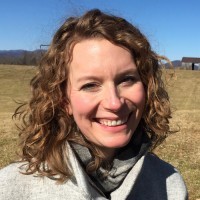
Anne Bowles (she/her)
MST
Program Director
Council of Chief State School Offiers (CCSSO)
anne.bowles@ccsso.org
Anne joined the Council of Chief State School Officers in October 2018 and serves as Program Director. Anne is responsible for providing overall direction and coordination for the Council’s strategy on high-quality instructional materials and aligned professional learning, student-centered learning and student wellbeing and connection.
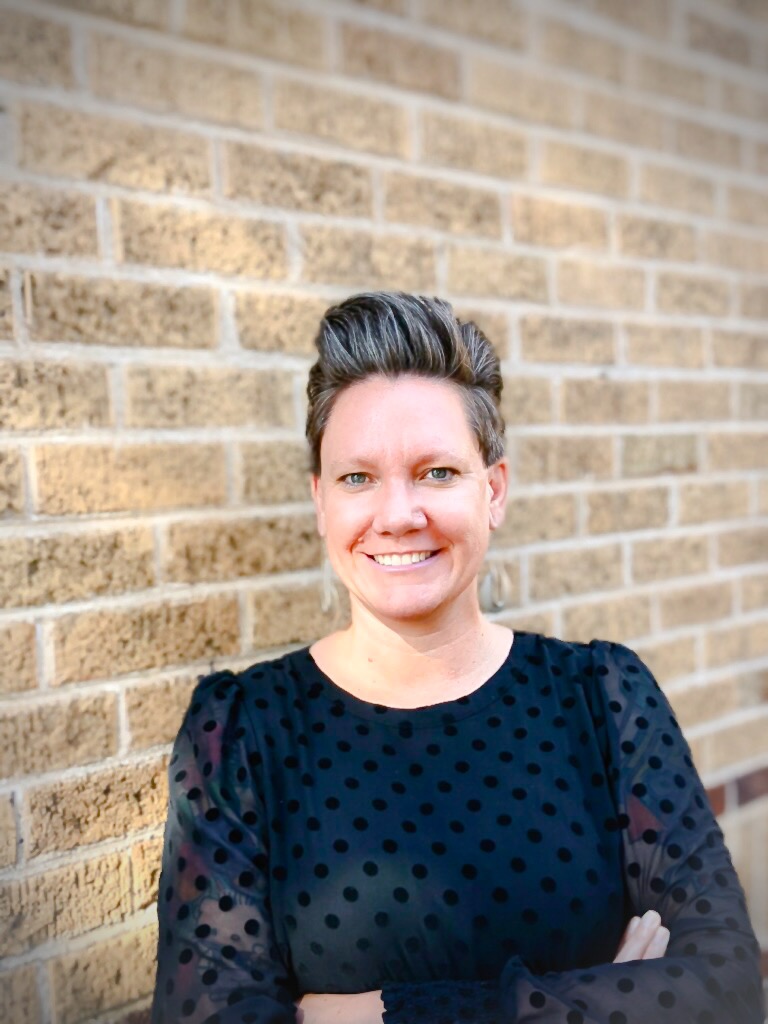
Lauren Cikara (she/her)
MSEd
Director, K-12 Initiatives
Active Minds
lauren.cikara@activeminds.org
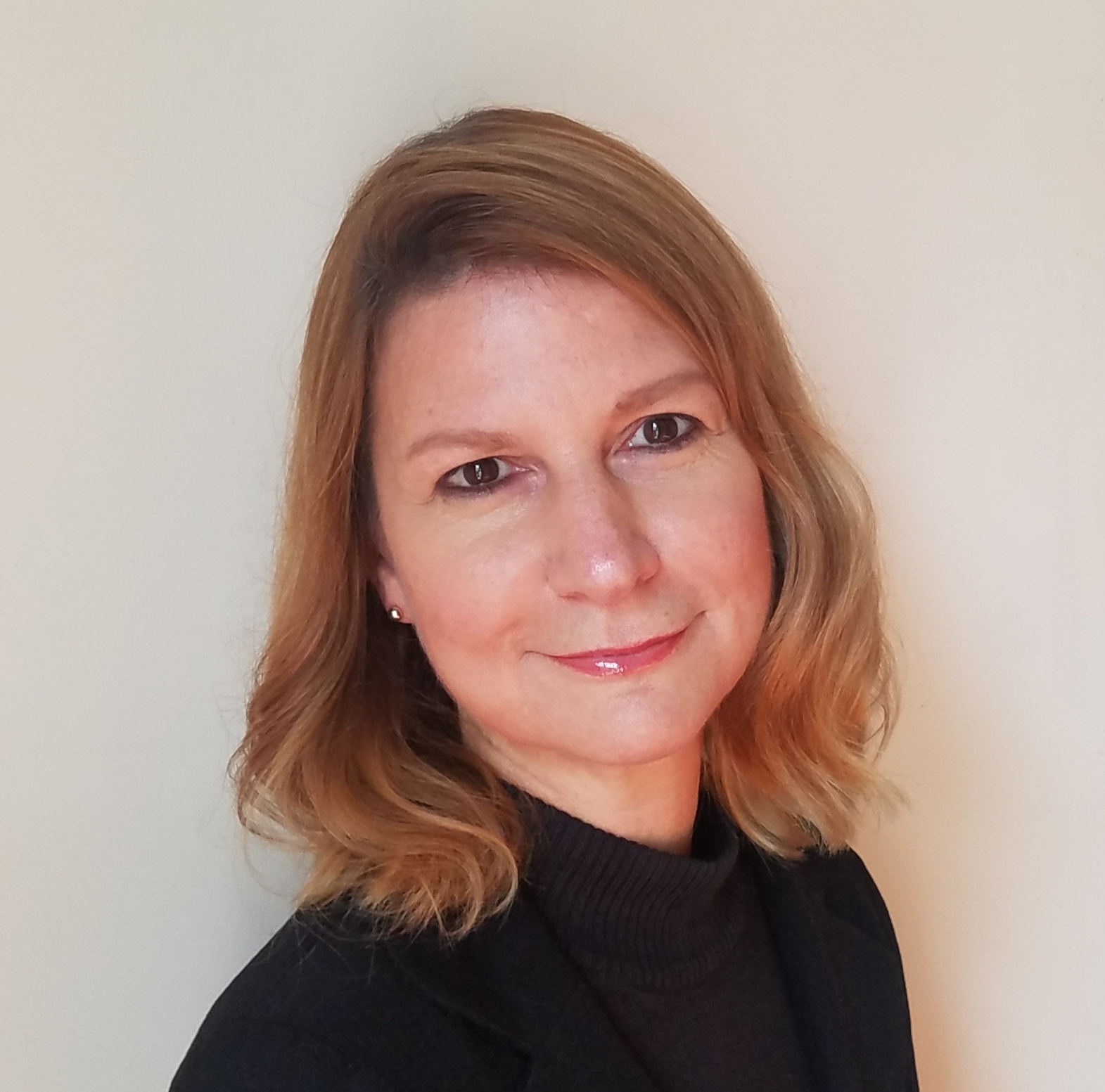
Caroline S. Clauss-Ehlers (she/ella)
PhD, ABPP
Professor
Long Island University, Brooklyn
caroline.clauss-ehlers@liu.edu
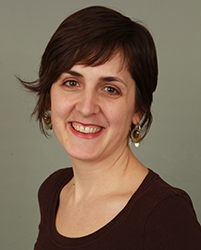
Greta Colombi (she/her)
MA
Principal Researcher
American Institutes for Research
gcolombi@air.org
Greta Colombi is a principal researcher at AIR with 15 years of experience in program monitoring and reporting, technical assistance, and research in both the education and the health and human services fields. Colombi is currently the deputy director of the National Center on Safe Supportive Learning Environments. In addition to helping to manage the Center, as task leader of website development and resource management, she is responsible for developing and updating the Center’s online resources and identifying and vetting experts utilized for Center and grantee activities. As part of the U.S. Department of Education's and U.S. Department of Justice's Supportive Schools Discipline Initiative, Colombi is leading the launch of communities of practice for education and judicial leaders to develop alternatives to exclusionary school discipline policies and practices.
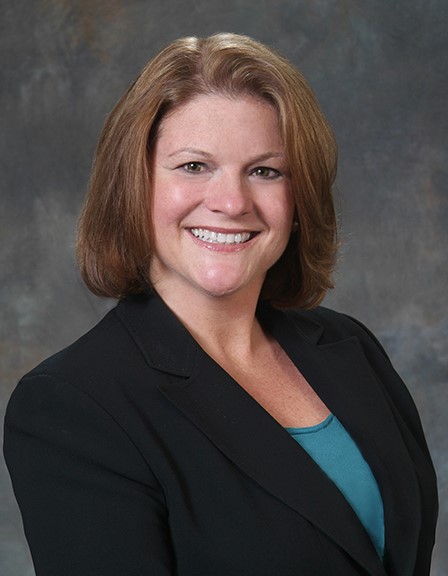
Jill Cook (she/her)
MEd
Executive Director
American School Counselor Association
jcook@schoolcounselor.org
Jill Cook has nearly 30 years of experience in K–12 education and school counseling, including 19 years of service at ASCA. She helped create the ASCA School Counselor of the Year Program and also created, developed and expanded the Recognized ASCA Model Program (RAMP), which has honored more than 900 schools across the U.S. for exemplary school counseling programs. She has worked with the Department of Education and the First Lady’s office on the Reach Higher initiative on behalf of ASCA and assisted with the School Counselor of the Year recognition ceremony at the White House in 2015 and 2016. In addition, she has served on numerous boards and advisory committees. She received her bachelor’s degree in music education and master’s degree in school counseling from the University of North Carolina at Chapel Hill (Go Heels!) and has done postgraduate work at the University of North Carolina at Greensboro and Appalachian State University. She and her husband, Glenn, live in Lorton, VA and have raised four artistic young adults.

John Crocker (he/him)
MEd
Director of School Mental Health & Behavioral Services
Methuen Public Schools; Massachusetts School Mental Health Consortium
jncrocker@methuen.k12.ma.us
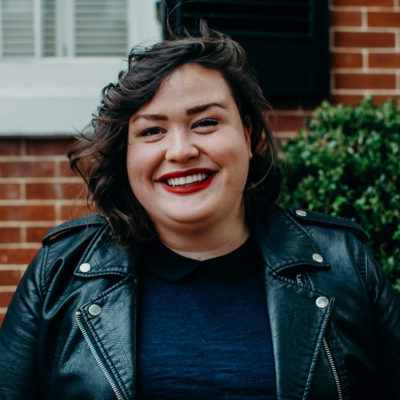
Gabby Doyle (she/her)
MA, Public Policy
Advocacy Campaign Manager
The Trevor Project
gabby.doyle@thetrevorproject.org
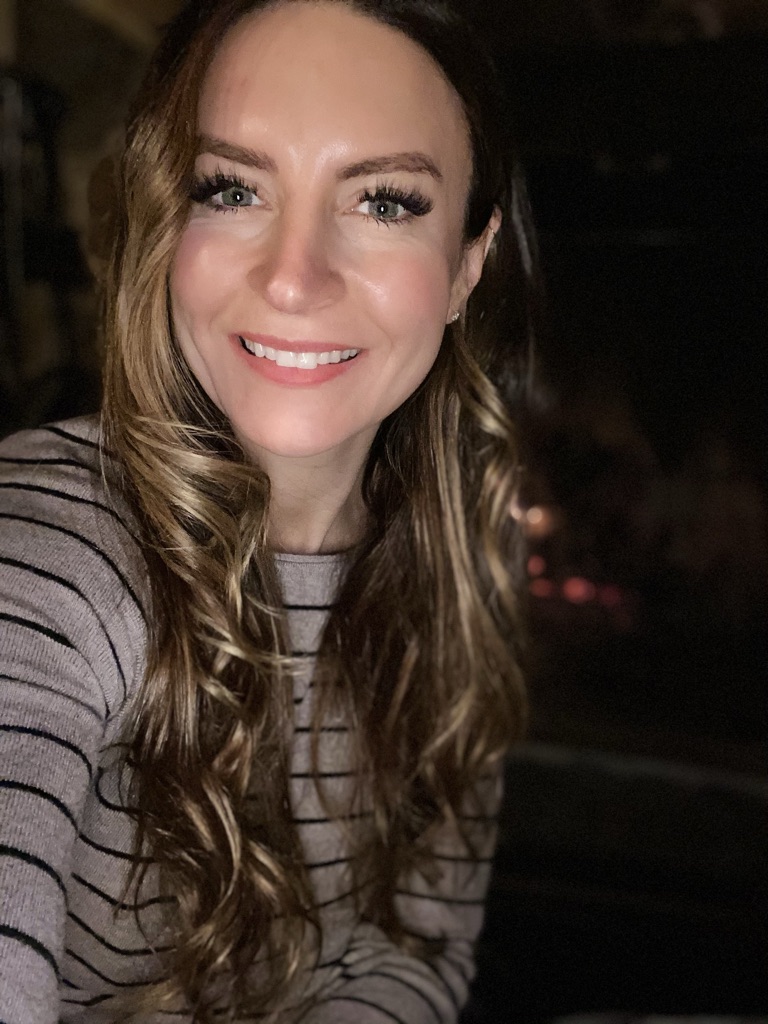
Victoria Eckert (she/her)
LMSW
Associate Director
Youth MOVE National
victoria@youthmovenational.org
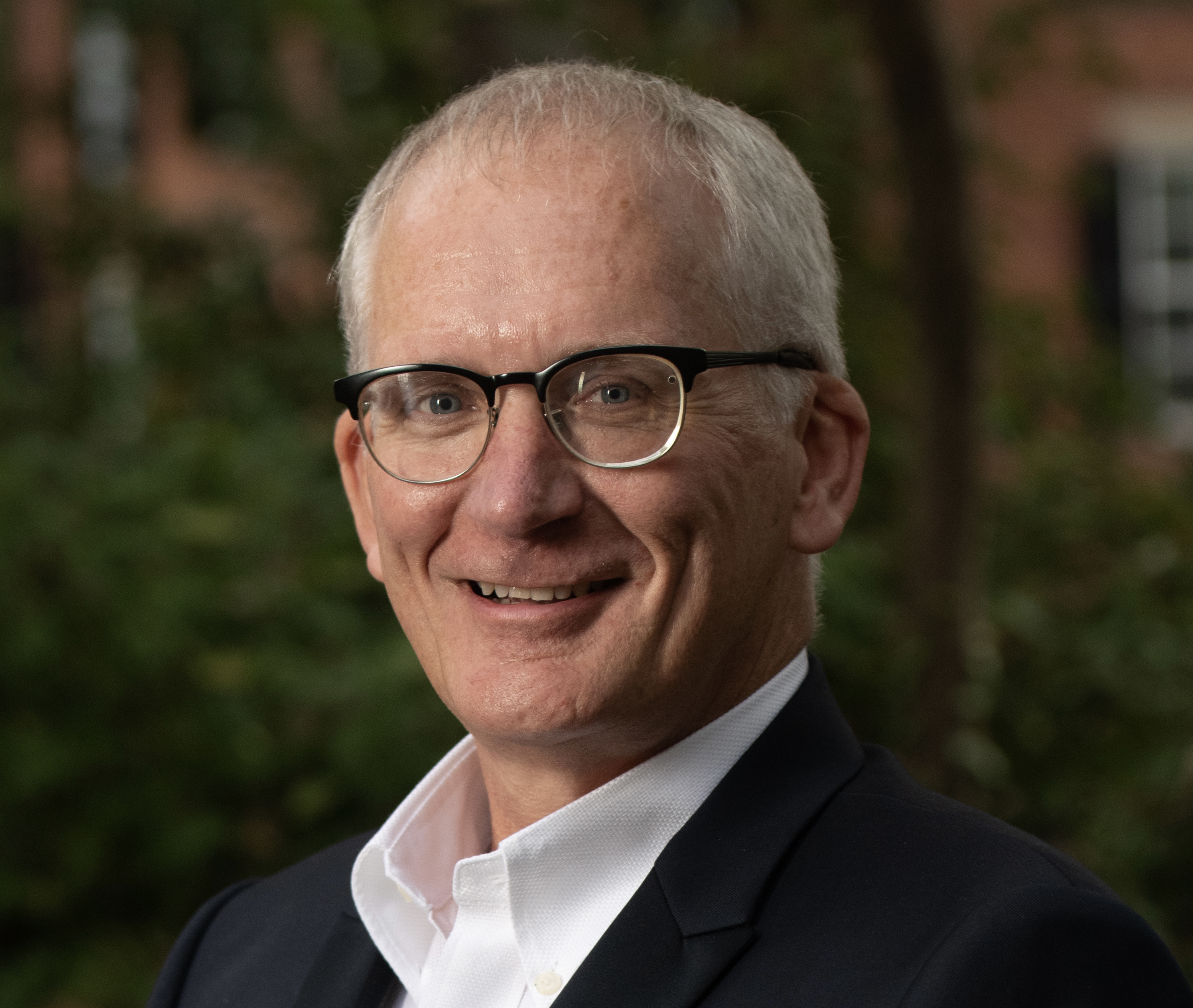
Steven Evans (he/him)
PhD
Distinguised Professor
Ohio University
evanss3@ohio.edu
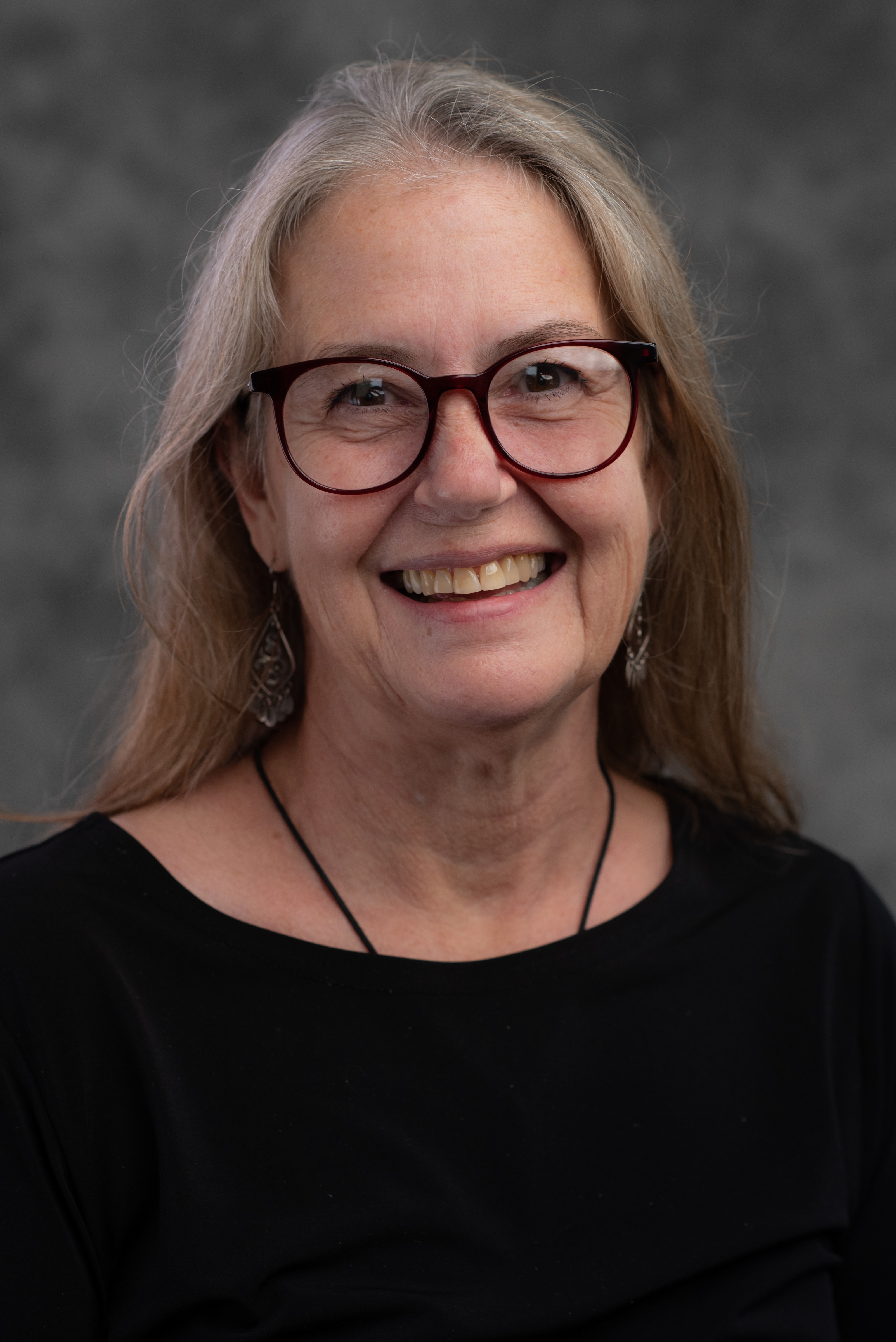
Claudette Fette (she/her)
PhD, OTR
Clinical Professor / Board Chair
Texas Women's University / Federation of Families - Texas
cfette@twu.edu
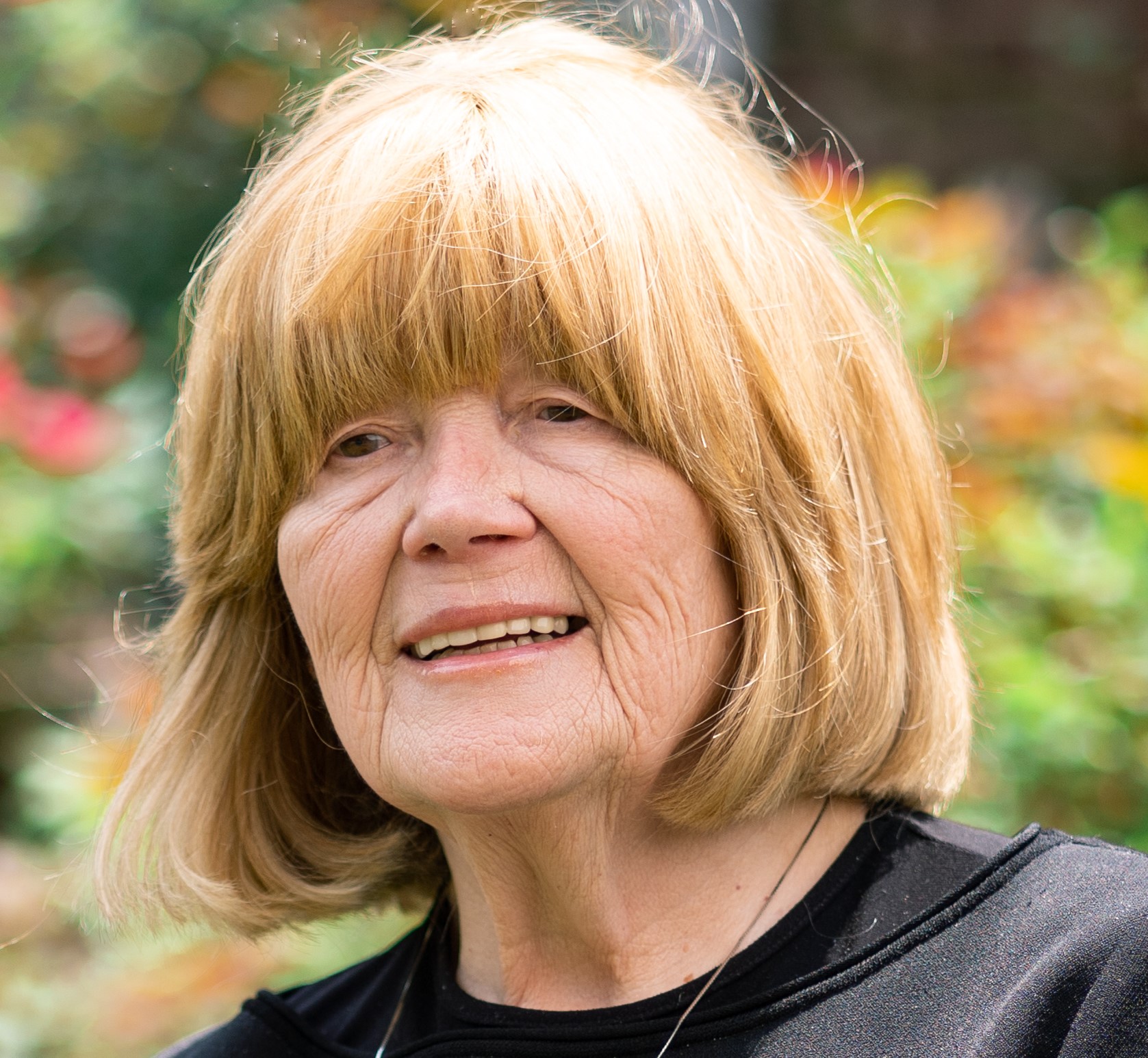
Louise Fink (she/her)
PhD, School Psychology
Former Director, Home and Hospital/Health Services
Baltimore City Schools
lfink52167@aol.com
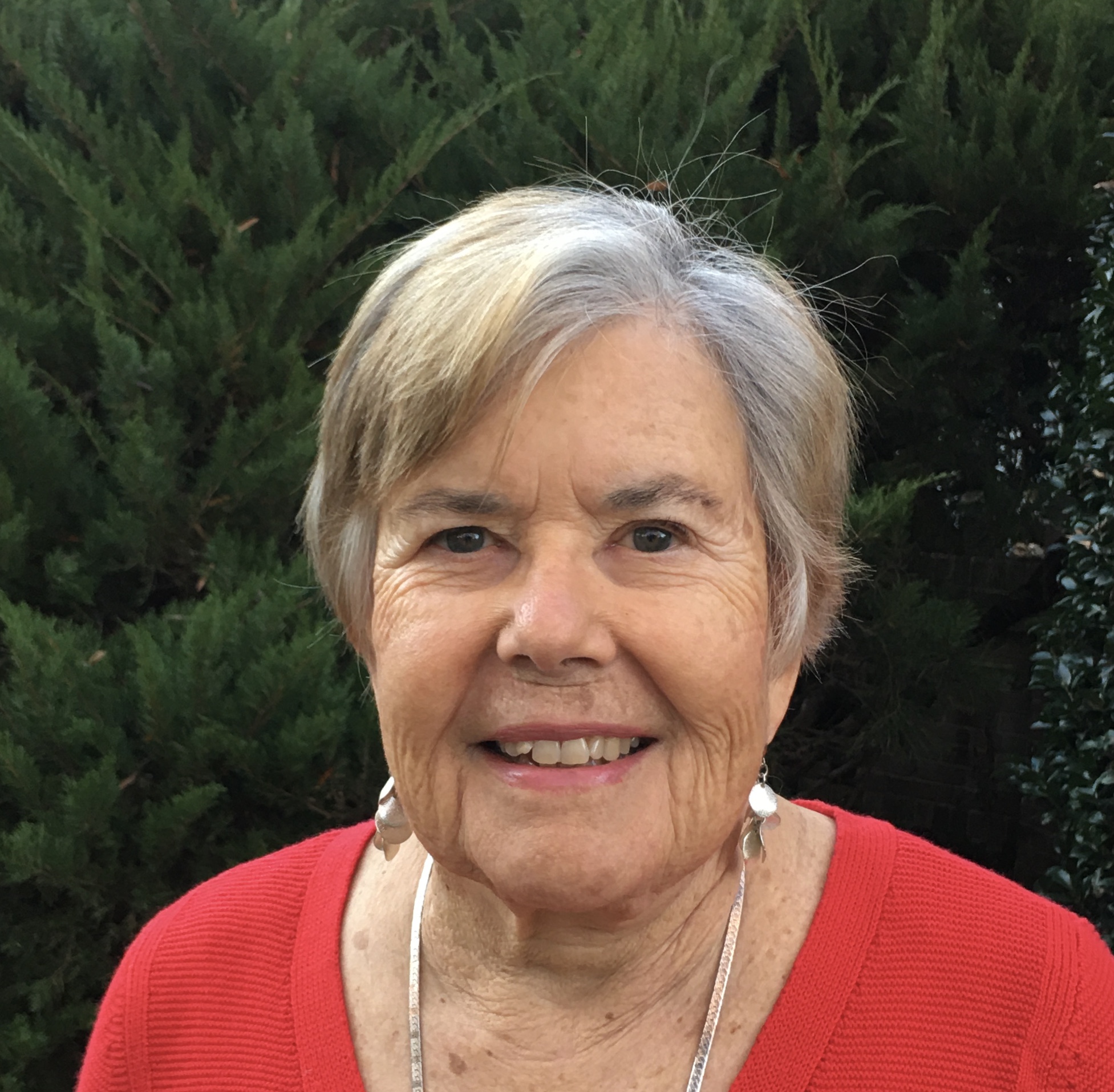
Lois Flaherty (she/her)
MD
Lecturer on Psychiatry
Harvard University
lflaher770@aol.com

Paul Flaspohler (he/him)
PhD
Professor
Miami University
flaspopd@muohio.edu

Kierra Fulmore (she/her)
EdS
Founder & Executive Director
School Psych Sistahs
ki.fulmore@outlook.com
Kierra Fulmore is a recruiting professional for a mid-sized, financial technology company. She is native to South Carolina but currently resides in Virginia. Kierra earned her Bachelors of Science in Psychology from Clemson University. She earned her Masters of Science and Specialist from Indiana University of Bloomington, Indiana. Kierra’s passion for the field of School Psychology comes from her lived experiences. She believes in the power of School Psychologists as change agents, however, knows that professionals face a myriad of challenges navigating school districts. These challenges often result in burnout and job dissatisfaction. Those feelings are amplified for practicing School Psychologists of color who not only face traditional challenges but barriers as a result of their own identities. Kierra’s desire is to see School Psychologists lead in school districts. She has founded School Psych Sistahs to offer women of color in the field support as they strive to be the change they want to see in school systems. As a business professional, Kierra brings expertise from talent development and recruiting to help create and streamline programs for the organization. She continues to work with School Psych Sistahs as a corporate partner.
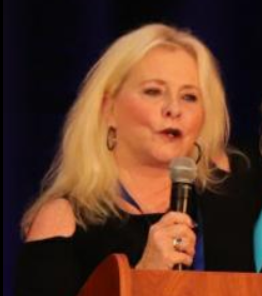
Lynda Gargan (she/her)
PhD
Executive Director
National Federation of Families
lgargan@ffcmh.org
Dr. Lynda Gargan leads the country’s largest national advocacy organization focused solely on supporting the families of children and young adults who experience mental health and/or substance challenges. Throughout her career, Dr. Gargan has worked across the nation providing technical assistance and training to ensure that all individuals are afforded the opportunity to live in the community of their choice. Under her guidance, the National Federation has fully operationalized the Parent Support Provider Certification, an innovative peer support workforce initiative that utilizes the lived experience and specialized training of parents to assist and empower families who are raising children and youth with mental health and/or substance use challenges. Believing that mental health and substance use challenges are often inextricable, Dr. Gargan spearheaded efforts to expand the focus of the organization to embrace these dual diagnoses. Utilizing both her personal and extensive professional experience to inform her work, Dr. Gargan seeks solutions to the challenges that families face as they attempt to navigate the complex systems that serve children, adults, and families.
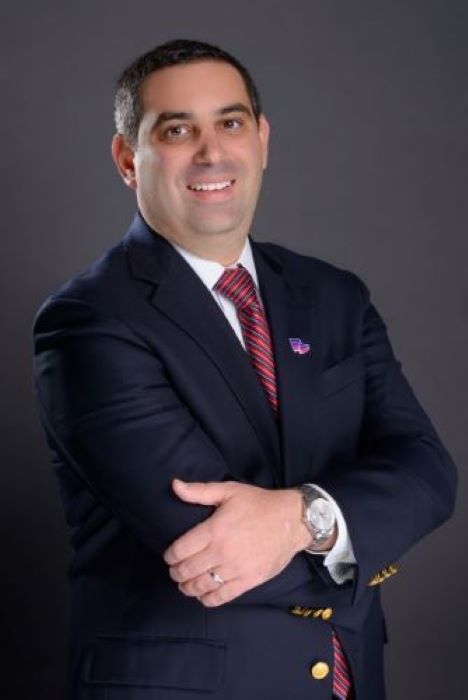
Seth Gerson (he/him)
JD
Program Director, K-12 Education
National Governor's Association
sgerson@nga.org
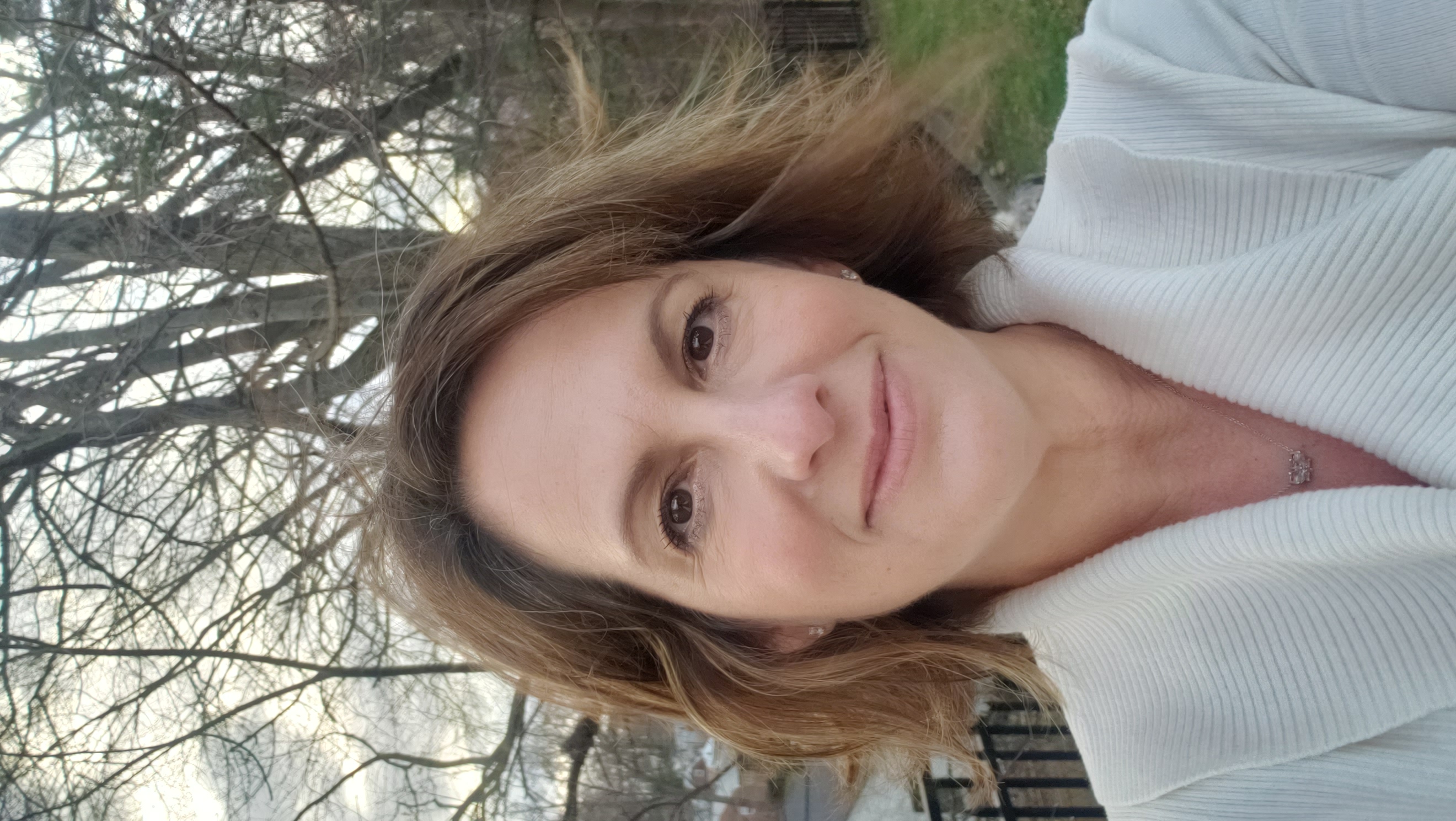
Julie Goldstein Grumet (she/her)
PhD
Vice President, Suicide Prevention Strategy
Director, Zero Suicide Institute
Education Development Center
jgoldstein@edc.org

Paul Gorski (he/him)
PhD
Founder & Director
Equity Literacy Institute
gorski@equityliteracy.org
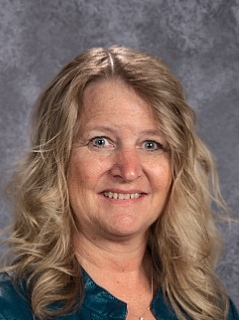
Karen Graf (she/her)
MSN, RN-BC, APHN-BC
Nursing Education and Practice Specialist
National Association of School Nurses
kgraf@nasn.org
Karen Graf has worked as a healthcare professional for 35 years, dedicating her entire career to pediatric health, advocacy, public policy, and the profession of nursing. She is a master-prepared nurse with ANCC Nationally Board-Certification in Medical -Surgical Nursing and Advanced Public Health Nursing. For the last 18 years, she has worked in the field of School nursing as a building nurse, rural school nurse coordinator, and public health nurse administrator. Her focus on students with disabilities leads her to tirelessly advocate for positive health outcomes for all, especially the most vulnerable populations. Her advocacy work with the Montana state legislature led her to work nationally with Senator Tester and Representative Titus on the NURSE Act. Karen has a passion for evidence-based school nursing practice, mentoring BSN student nurses, legislative change, and supporting students with disabilities. Currently, she is currently working as a Nursing Education and Practice Specialist at NASN and is the Project Director of a five-year CDC cooperative agreement focused on advancing health equity in K-12 education by preventing chronic disease and promoting healthy behaviors.
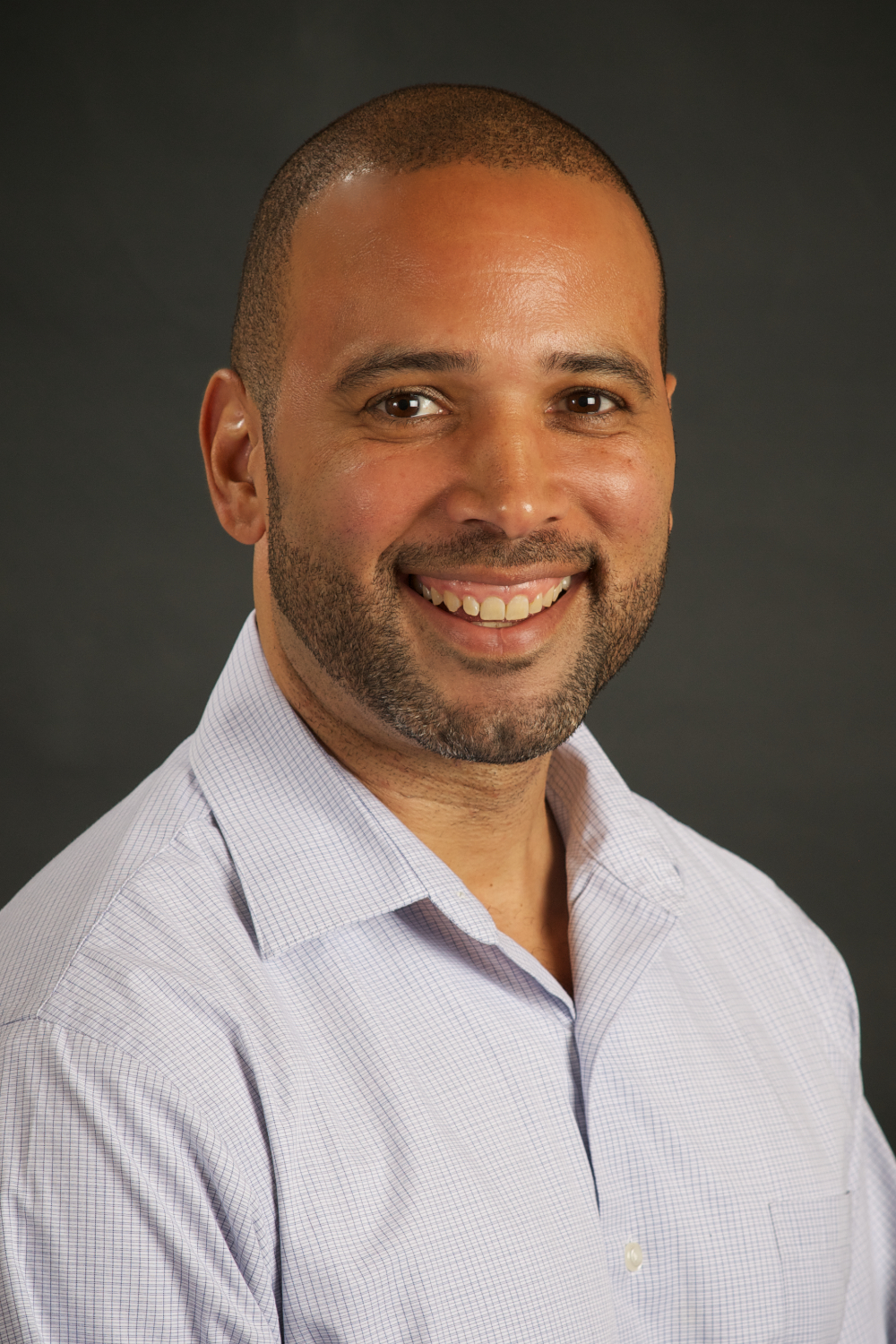
Steve Hydon (he/him)
Teaching Professor, Practicum Education and Director, Social Work in Schools
University of Southern California
hydon@usc.edu
Stephen P. Hydon is a Clinical Professor at the University of Southern California, Suzanne Dworak-Peck School of Social Work. He also chairs the School Social Work Program, one of the largest in the country, with over 200 students each year earning credentials to practice school social work in public school settings. Dr. Hydon’s interests lie in social work practice in schools, child welfare, and secondary traumatic stress. He has trained nationwide on secondary traumatic stress, compassion fatigue, educator resilience and the Psychological First Aid - Listen, Protect, Connect, Model, and Teach curriculum for school personnel. He is a member of the National Child Traumatic Stress Network and the Trauma and Services Adaptation Center for Resiliency, Hope and Wellness in Schools. Recently, Dr. Hydon was funded to co-lead a team of experts in the fields of education and secondary trauma to create a one-of-a-kind online learning platform for educators experiencing secondary traumatic stress entitled Support for Teachers Affected by Trauma (STAT): www.statprogram.org. He is married to his wife Maria, who is also a professor at USC. In his spare time, Dr. Hydon loves to cook, watch sports, and spend time with their three children.
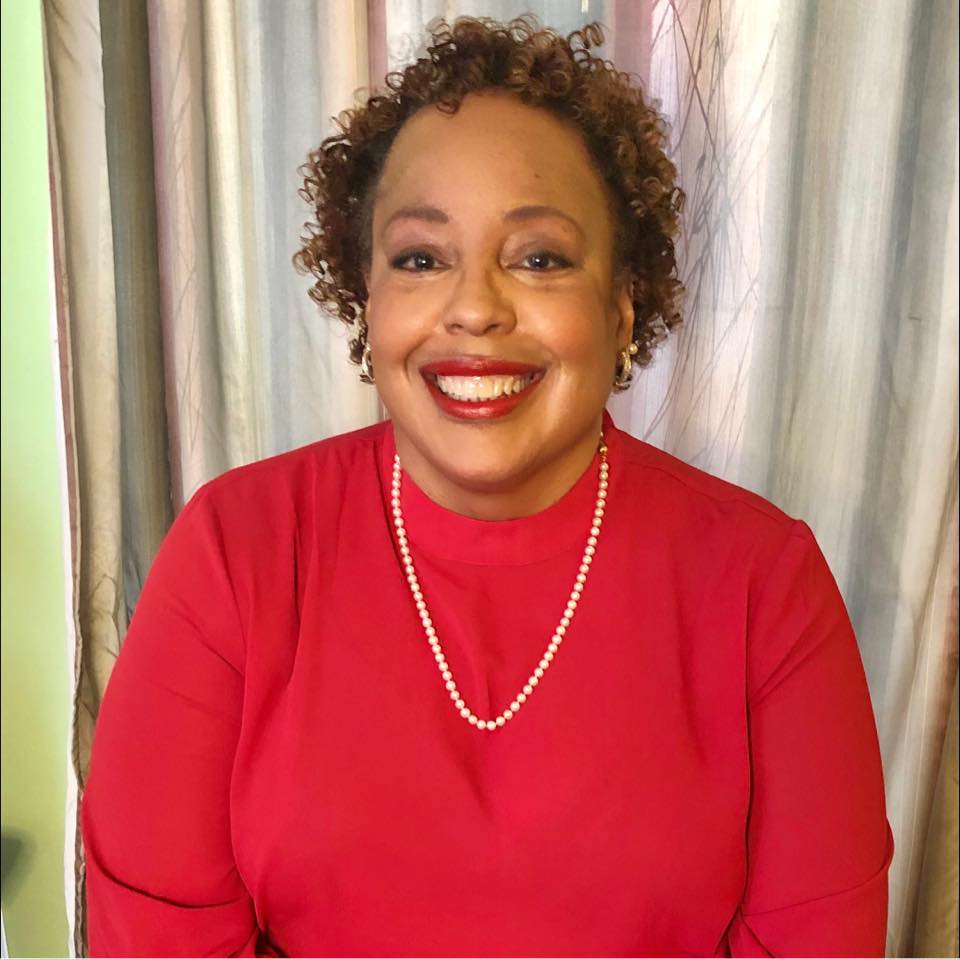
Kayla Jackson (she/her)
MPA
Project Director
The School Superintendents Association (AASA)
kjackson@aasa.org
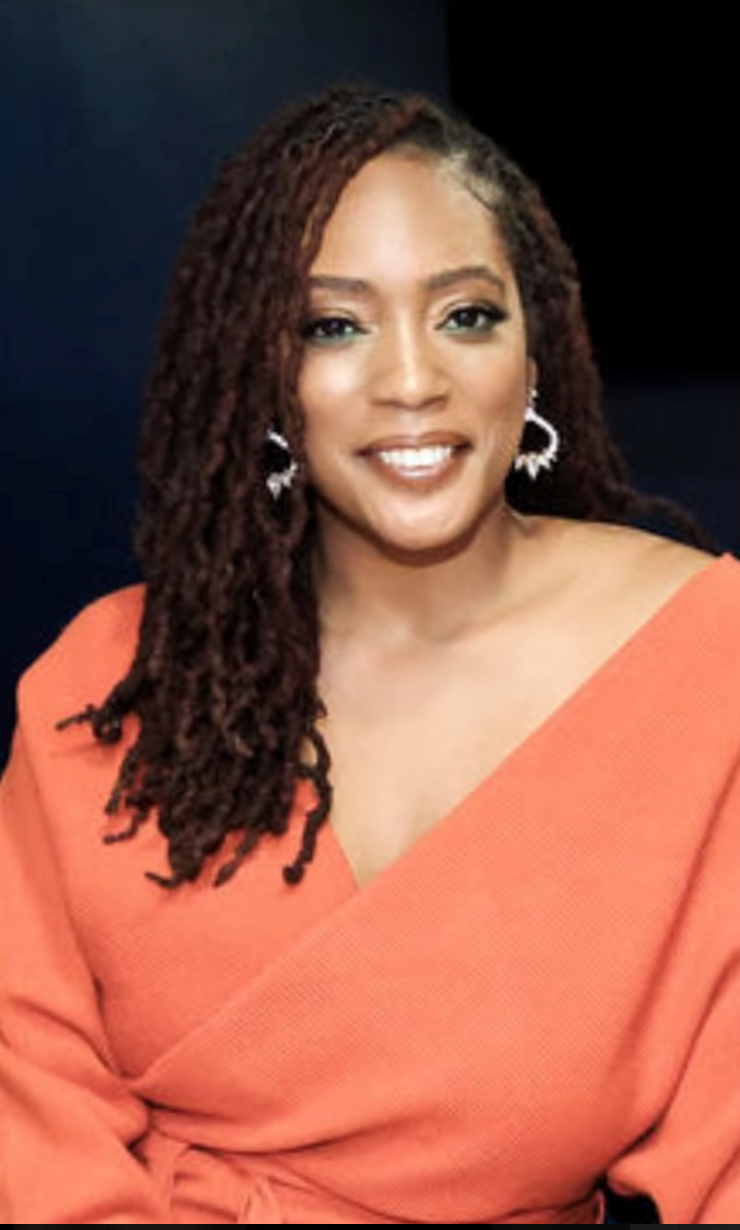
Sandra R. Jeter (she/her)
PhD, LMSW
Assistant Professor
Howard University School of Social Work
sandra.kalu@howard.edu
Dr. Sandra Jeter is an Assistant Professor at Howard University's School of Social Work. Her primary teaching responsibilities in the Direct practice sequence include Race, Class, Gender, and Human Behavior & in the Social Environment. Her research mainly focuses on the intersection between Black youth mental health and academic persistence and success. Dr. Jeter currently serves as PI on a US Department of Education grant that seeks to increase the number of effective and responsive mental health professionals enrolled in DC Public Schools. Further, as co-founder of the Panting SEEDS Education Foundation, Dr. Kalu develops advocacy and social justice programming for high school students in DC schools. Dr. Kalu received her Bachelor of Arts in Psychology and Political Science from The North Carolina Agricultural and Technical State University, her Master of Social Work from The Ohio State University and her doctoral degree from the University of Houston. For fun, Dr. Kalu enjoys creating with her hands, trying new restaurants, dancing and singing, and spending time with her loved ones.
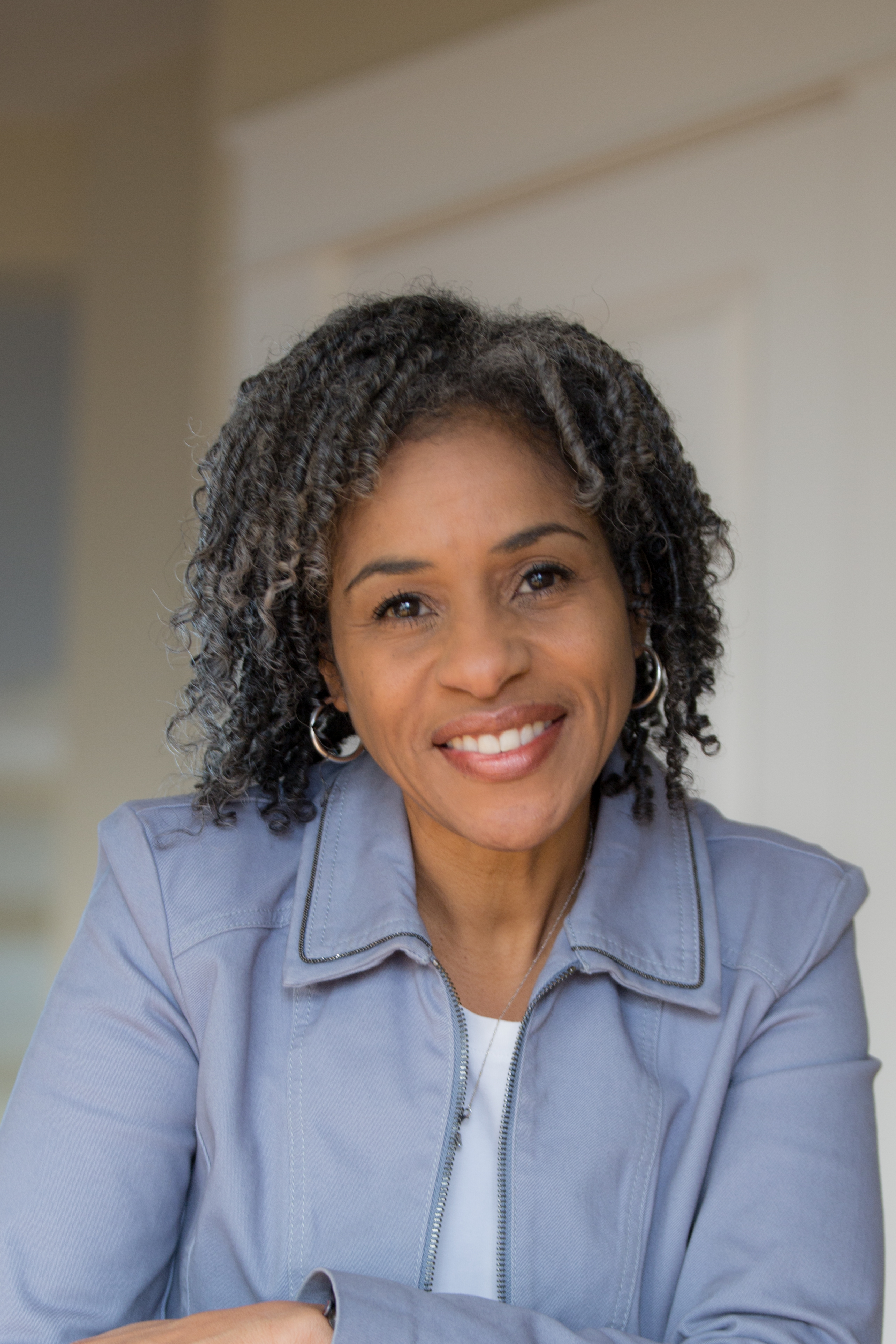
Janine Jones (she/her)
PhD, NCSP, LP
Professor & Associate Dean for Academic Affairs
University of Washington
jjones2@uw.edu
Janine M. Jones is a Professor of School Psychology and Associate Dean for Academic Affairs in the College of Education at the University of Washington. Her research focuses on providing culturally responsive interventions in schools, including the integration of cultural factors that are associated with resilience in racially diverse youth. Her work also includes the study of identity and belonging as critical elements in school engagement for youth of color. Dr. Jones is an author and the editor of The Psychology of Multiculturalism in the Schools: A primer for practice, training, and research. She is a licensed psychologist and a Nationally Certified School Psychologist.
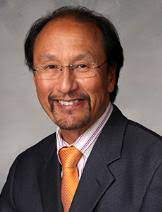
Matthew Mock (he/him)
PhD
Professor of Counseling Psychology
John F. Kennedy University
drmmock@comcast.net
Matthew R. Mock has led dynamic courses, workshops, and presentations on the relevance of social justice, community mental health, cultural competence, ethnicity, and multiculturalism in psychotherapy locally, throughout California, nationally and internationally. He is currently a Professor of Psychology with John F. Kennedy University. Prior to this, he was the Director and Ethnic Services/Multicultural Services Coordinator for the Family, Youth and Children’s Services of Berkeley Mental Health for over 20 years. For several years he worked throughout the State of California as the Director of the Center for Multicultural Development with the California Institute for Mental Health addressing disparities throughout 58 counties. He also has a private clinical and consulting practice in Berkeley providing clinical services to children, couples, adults and families, and consultation to programs and organizations. Dr. Mock is third generation Asian-American and has been committed to community mental health concerns, competent and responsive services to culturally diverse communities and social justice policies and practices, throughout his career. He has received numerous awards from professional organizations, guilds, and programs. He is an invited speaker nationwide and internationally and the author of numerous book chapters and articles.
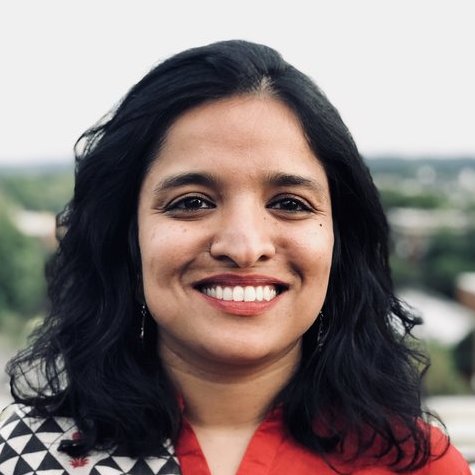
Shweta Moorthy (she/her)
PhD
Director of Research and Best Practices
GLSEN
shweta.moorthy@glsen.org
Dr. Moorthy is an experienced research director with a demonstrated history of working in racial justice non-profits and social sciences. Skilled in community based participatory research, policy analysis, quantitative research, and communication with various types of stakeholders. Strong research professional with a Doctor of Philosophy (Ph.D.) focused in Political Science from University of Illinois at Urbana-Champaign.
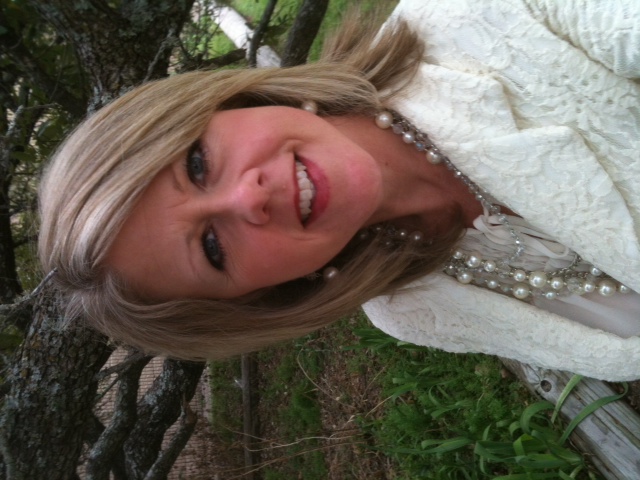
Rebecca K. Oliver (she/her)
LMSW
Executive Director
School Social Work Association of America
r.k.oliver@sswaa.org
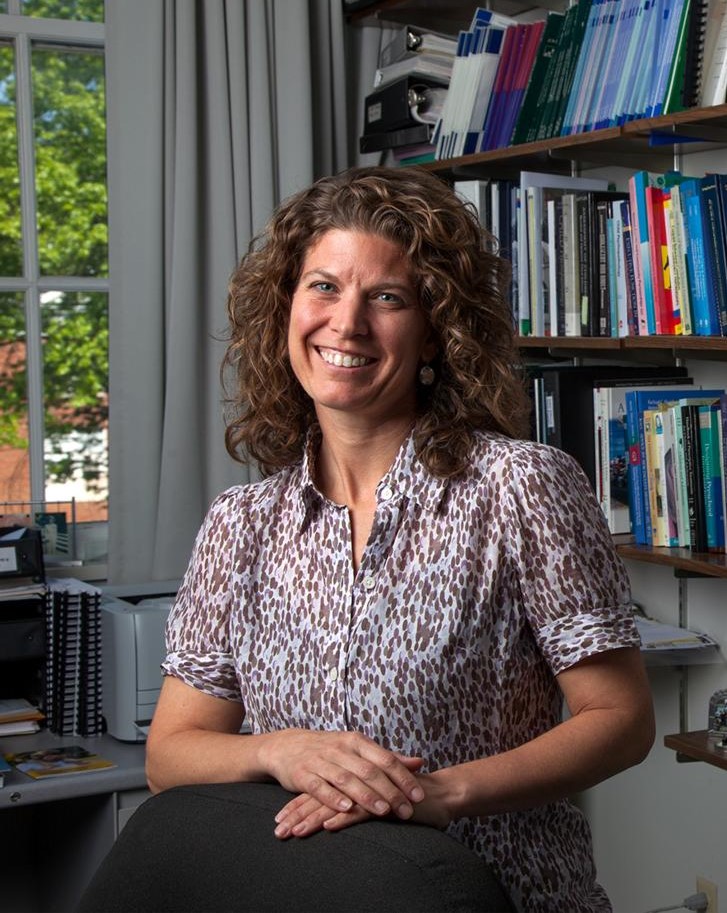
Julie Owens (she/her)
PhD
Professor of Psychology; Co-director, Center for Intervention Research in Schools
Ohio University
owensj@ohio.edu
Dr. Julie Sarno Owens’ research focuses on the development of classroom interventions for youth with attention deficit hyperactivity disorder (ADHD) and related problems; the assessment of effectiveness and feasibility of classroom interventions under typical school conditions; and the identification of factors that facilitate teachers’ high-quality implementation of these interventions (including the use of technology). Her work has been continuously funded by local, state, and national grants, including the Institute of Education Sciences and the Centers for Disease Control and Prevention. She is an Associate Editor for School Mental Health and on the editorial boards of five journals. She is a licensed clinical psychologist in Ohio and a Presidential Research Scholar at Ohio University. Dr. Owens mentors graduate students in the clinical child psychology specialty area, and mentors undergraduates students interested in a variety of child-focused specialty areas (e.g., school psychology, school social work, school counseling).
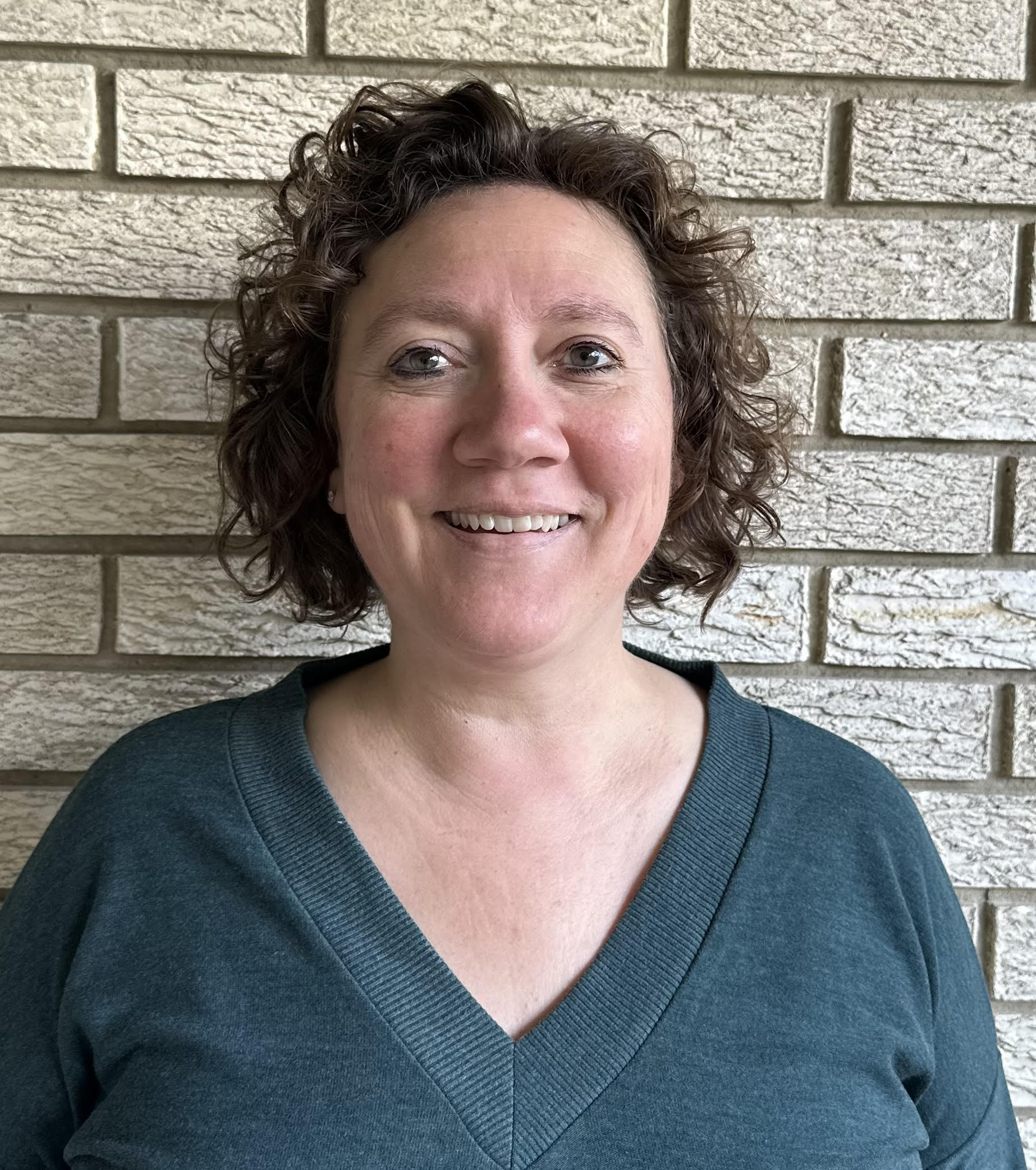
Kelly Perales (she/her)
MSW
Co-Director
Midwest PBIS Network
kelly.perales@midwestpbis.org
Kelly Perales is the Co-Director of the Midwest PBIS Network and an Implementer Partner with the Center on PBIS. As such, Kelly provides professional development and technical assistance for state and local leaders in the implementation and scale up of PBIS, the evidence-based multi-tiered system of support for social-emotional-behavioral health and wellness. In addition, Kelly has led local, regional and state level implementers in the Interconnected Systems Framework, focusing on the integration of the mental health and education systems. Currently, Kelly is the Principal Investigator for an OSERS Model Demonstration Grant – Project EPIC (Enhancing Family-School-Community Partnerships through an Interconnected Systems Framework Collaboration).
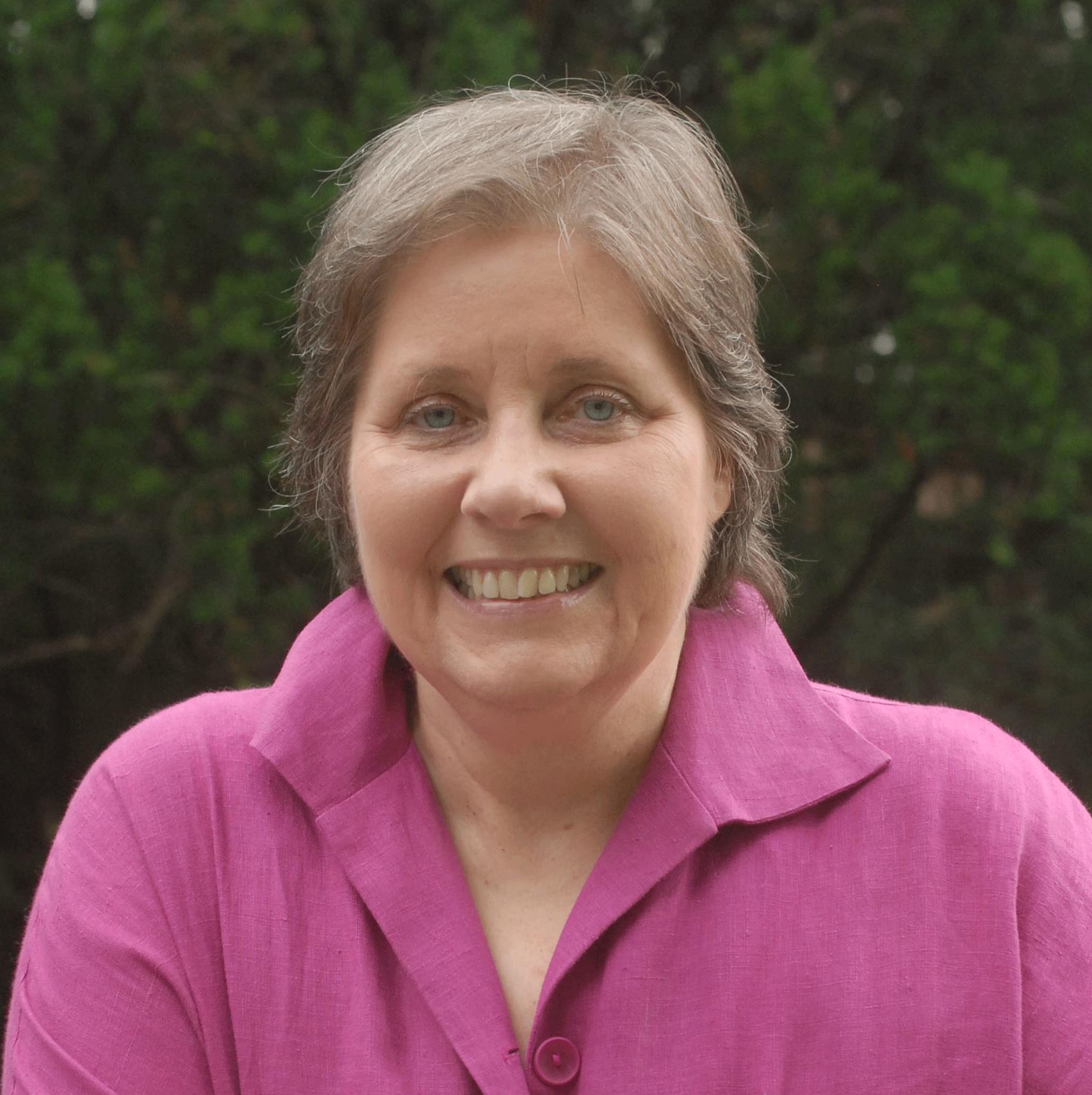
Caitlin Ryan (she/her)
PhD
Director, Family Acceptance Project
caitlincryan@gmail.com
Caitlin Ryan, PhD, ACSW is a clinical social worker, educator and researcher who has worked on LGBTQ health and mental health for more than 40 years, including in schools, and whose work has shaped policy and practice for LGBTQ and gender diverse children and youth. She is the Director of the Family Acceptance Project (FAP) at San Francisco State University – a research, education and intervention project – that helps ethnically, racially and religiously diverse families to support their LGBTQ children. Dr. Ryan and her team conducted the first research on LGBTQ youth and families and developed the first evidence-based family support model that helps diverse families and caregivers to prevent family rejection and health risks and to increase family acceptance to promote well-being for LGBTQ children and youth. This includes multilingual family guidance resources including FAP’s Healthy Futures posters and Best Practice resources for suicide prevention with LGBTQ youth. Dr. Ryan trains on FAP’s family support work across the U.S. and in other countries.
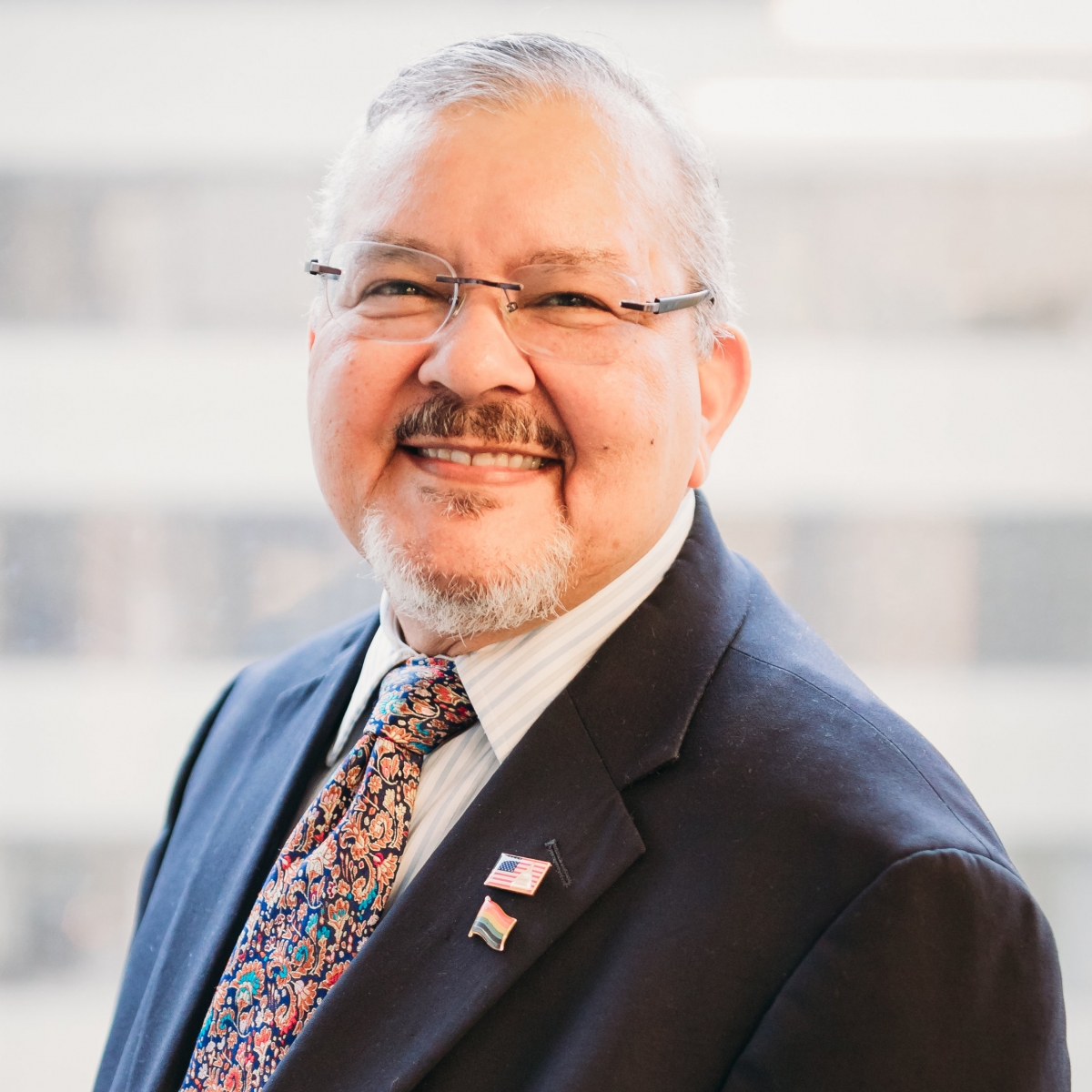
Diego Sanchez (he/him)
BA, APR
Director of Advocacy, Policy, & Partnerships
PFLAG
dsanchez@pflag.org
A native of Augusta, GA and long-time Massachusetts resident, Diego was most recently Senior Policy Advisor to Congressman Barney Frank until the Representative’s retirement in 2013. Diego made history with that appointment, being the first openly transgender person to work as a senior legislative staff member on Capitol Hill. He also testified before Congress in the historic Transgender Discrimination Hearing in 2008 and that year was named as the first openly trans person ever appointed to the DNC Platform Committee. Prior to his four years in DC, Diego spent five years as Director of Public Relations and External Affairs at the AIDS Action Committee of Massachusetts, and AIDS Action Council, DC. Before to moving into the nonprofit sector, Diego worked for 20 award-winning years in global public relations, marketing, and diversity management at world headquarters of Fortune 500 companies including The Coca-Cola Company, Holiday Inn Worldwide, ITT Sheraton, and Starwood Hotels & Resorts Worldwide and began his career in 1980 at Burson-Marsteller/NY, then the world’s largest public relations firm. Diego was among The 100 Most Powerful Latino/s in Corporate America named by Hispanic Business Magazine, named an LGBT Latino Hero by the Mayor of Washington, DC, in the 100 most powerful Latino/s (Poderometro) in Massachusetts by El Planeta and in 2013, named to the Out 100 and in the Inaugural Trans 100, sponsored by GLAAD. Accredited in Public Relations, Diego earned a Bachelor of Arts in Journalism with a major in Public Relations from the University of Georgia, where today he serves on the Journalism College’s Alumni Advisory Board and is a member of G-Club, the University’s Letterman Club as the only male who earned his letter on the women’s tennis team. Diego is a Senior Fellow of UMass Boston’s Emerging Leaders Program in the College of Management.
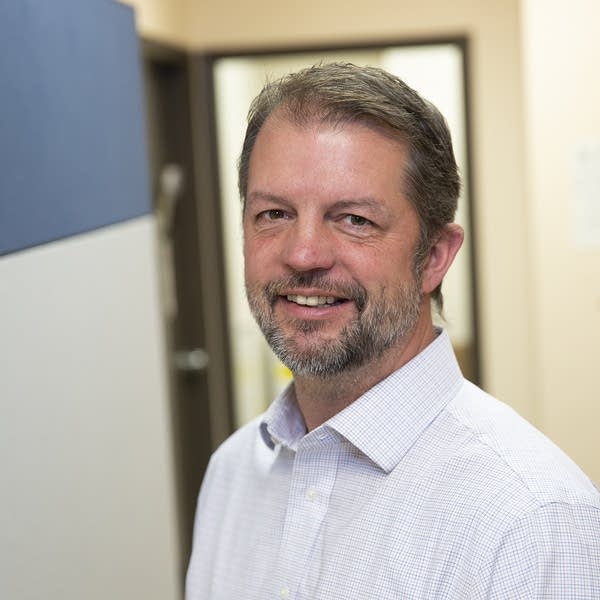
Mark Sander (he/him)
PsyD
Direction of School Mental Health
Hennepin County/Minneapolis Public Schools
mark.sander@hennepin.us
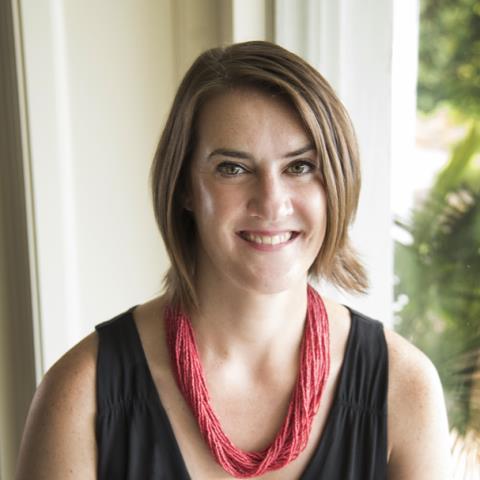
Emily Smith (she/her)
Manager, Program & Strategic Initiatives
National Parent Teacher Association
esmith@pta.org
Over a decade of social work experience with a passion for serving individuals, families, and groups through strength-based clinical work and program development, facilitation, implementation and assessment. Currently serving those with complex needs by partnering with contracted individuals and agencies to provide case management. Manage assessment and referral process for individuals and provide on-going support and training to contracted case managers.
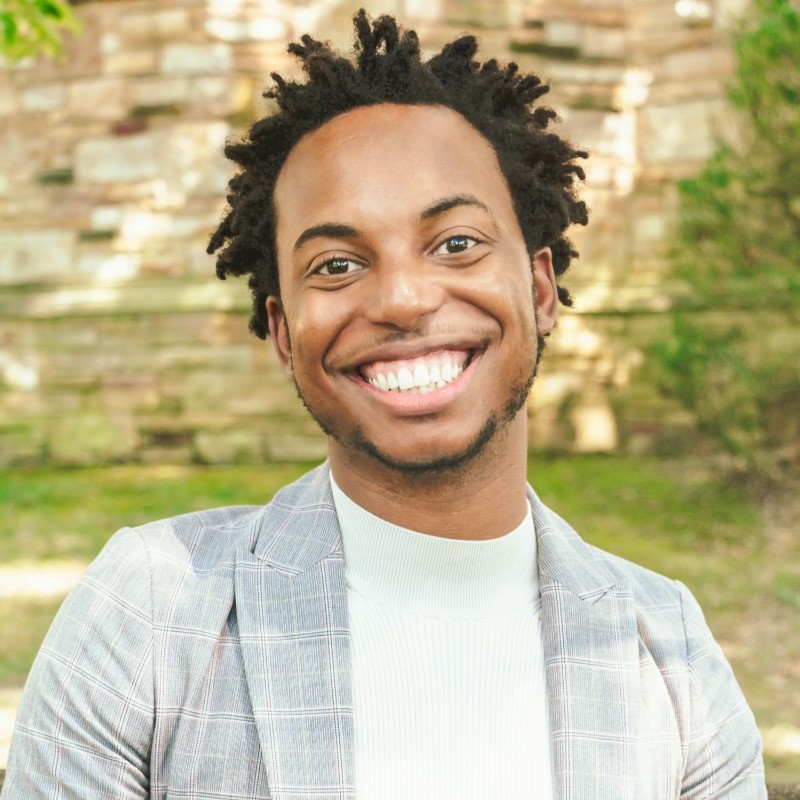
Jacob Smith (he/they)
Executive Director
National Organizations for Youth Safety
jsmith@noys.org
Jacob Smith is a visionary and accomplishеd lеadеr committеd to advancing youth racial and hеalth еquity through еquitablе youth еngagеmеnt and philanthropic initiativеs. With a comprеhеnsivе background in nonprofit organizational managеmеnt, fundraising, and businеss dеvеlopmеnt, Jacob has spеnt ovеr a dеcadе catalyzing positivе changе in communitiеs across thе Unitеd Statеs. As thе Exеcutivе Dirеctor of thе National Organizations for Youth Safеty (NOYS), Jacob is at thе forеfront of thе organization's mission to crеatе safе and sustainablе communitiеs for young pеoplе. He is thе driving forcе behind the organization's refreshed mission and vision after a powerful 25 years that resonates deeply with marginalized youth. Jacob's impact еxtеnds bеyond thе NOYS as hе spеarhеads consultancy projеcts aimеd at mobility safety, justice, equity and youth development. Hе sеrvеs as thе primary consultant for thе Vision Zеro for Youth national campaign, advising organizations on child-friеndly strееt dеsign, policy dеvеlopmеnt, and stratеgic planning. His еxpеrtisе has lеd to collaborations with divеrsе cliеnts, from Montgomеry County Dеpartmеnt of Transportation to grassroots movеmеnts likе thе Valvеrdе Movеmеnt Projеct.
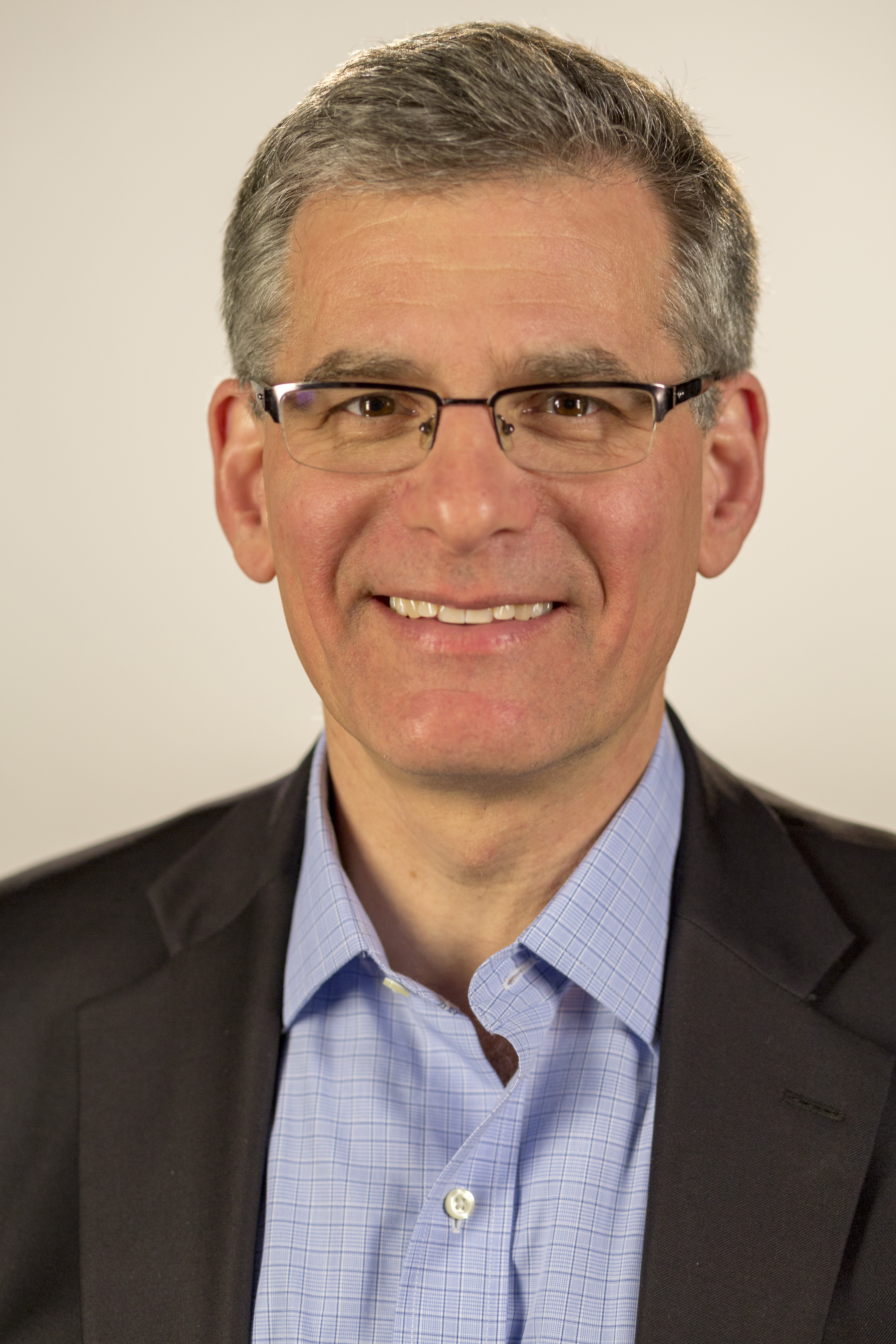
Joel Solomon (he/him)
MA
Senior Program Manager
National Education Association
jsolomon@nea.org
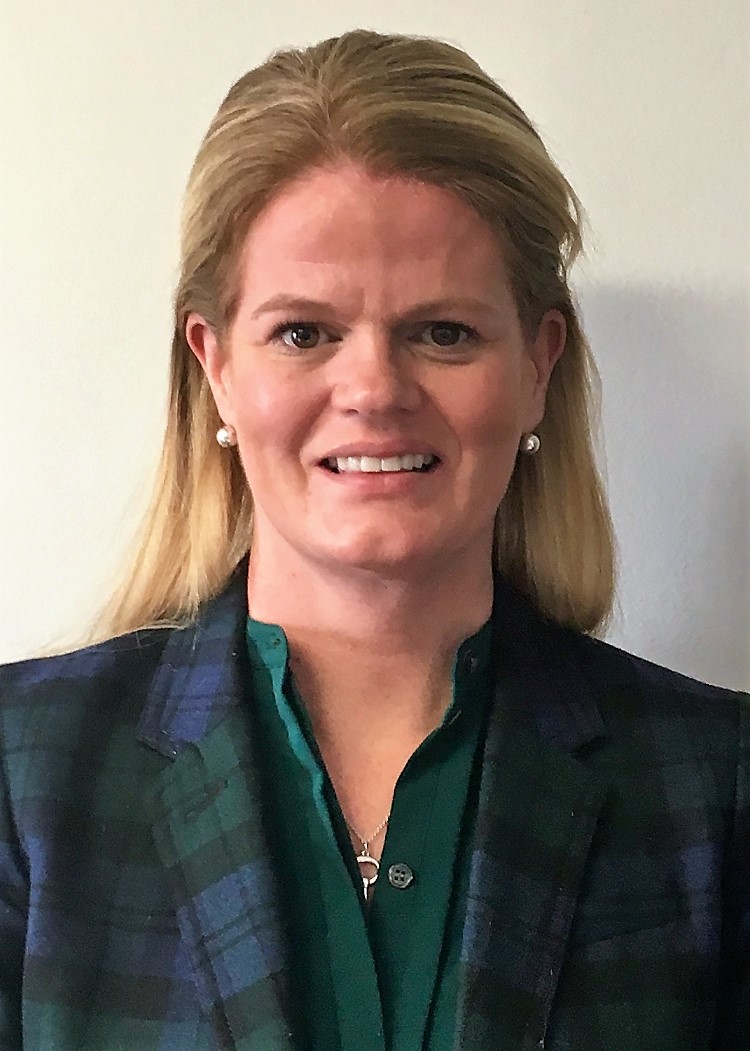
Mary Steady (she/her)
EdD
Director of Pupil Services
Lincoln-Woodstock Cooperative School District, New Hampshire
msteady@lin-wood.org
Mary Steady is responsible for special education in the NH Lincoln-Woodstock Cooperative School District, maintaining and monitoring the records of students receiving services. Ms. Steady supervises special education staff at all grade levels, including those for the preschool and the deaf and hard of hearing programs. Previously, Ms. Steady spent ten years at the New Hampshire Department of Education, where she most recently served as an administrator working in the Bureau of Special Education and overseeing the Office of Student Wellness. Her responsibilities included coordinating services for children with disabilities and addressing mental health needs in schools. Among other previous career positions, Ms. Steady was a residential director at Spaulding Youth Center, a special education teacher and behavior specialist in the Winnisquam Regional School District, and a service coordinator at Community Bridges, a non-profit agency serving individuals with disabilities.
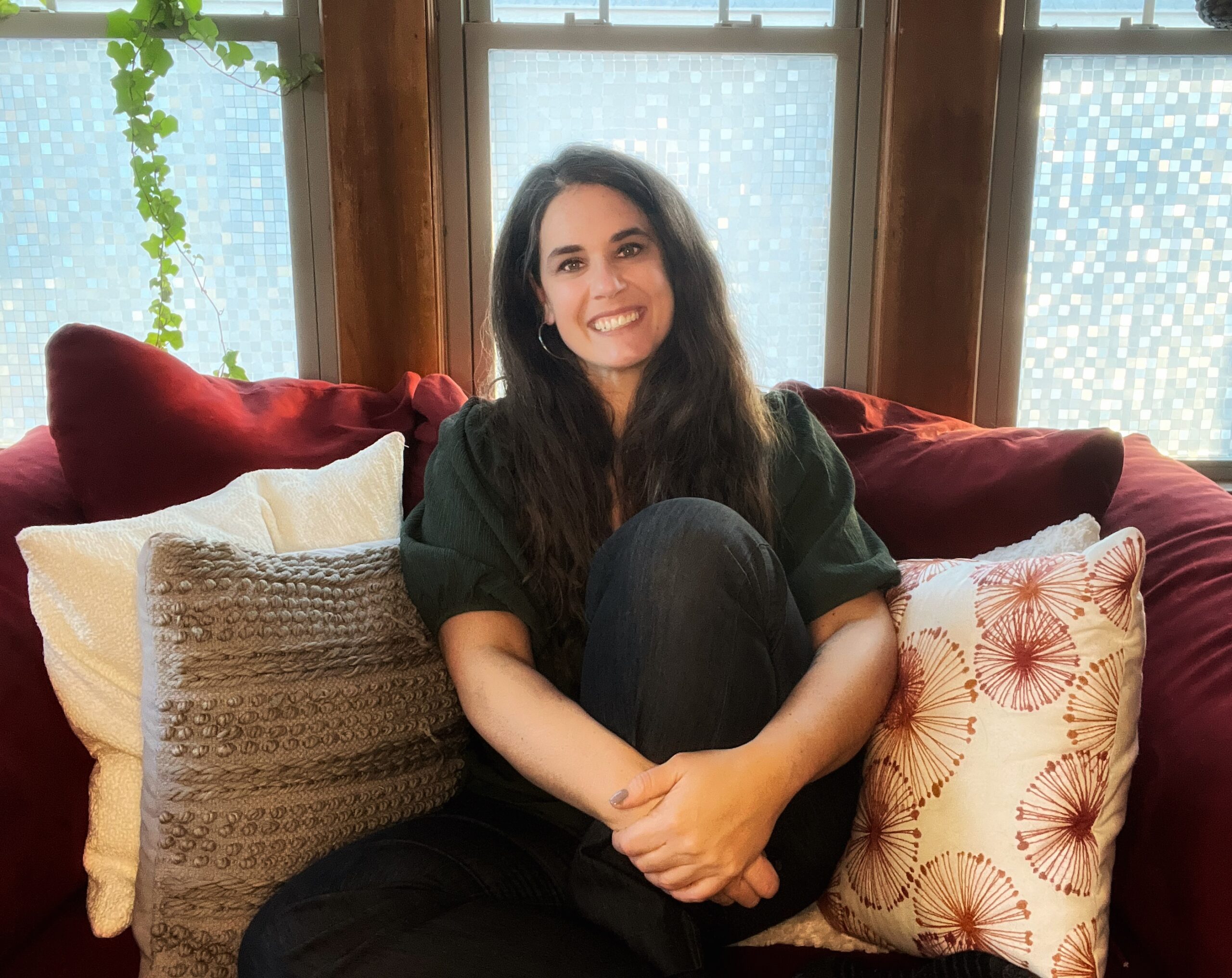
Jennifer Ulie (she/her)
PhD
Founder & CEO
Mensana Wellness Solutions
jen@mymensana.com
Jennifer Ulie, Ph.D., is a renowned expert in building sustainable personal and organizational systems of mental, social, and emotional wellness. With over two decades of experience, she has become a trusted voice in the field, having presented to tens of thousands of professionals and gaining a reputation for her wit, knowledge, relatability, and engaging talks. Dr. Ulie's impressive career has spanned various roles, including teacher, professor, nonprofit founder and Executive Director, legislative advocate, school board member, and legal expert witness. She has founded, launched, and led numerous stakeholder groups, coalitions, conferences, programs, and online courses and certifications. Dr. Jennifer Ulie is a highly sought-after thought leader and public speaker, inspiring audiences with her wit, knowledge, and passion for creating sustainable systems of mental, social, and emotional wellness.
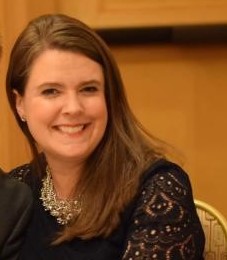
Kelly Vaillancourt Strobach (she/her)
PhD, NCSP
Director of Policy and Advocacy
National Association of School Psychologists
kvaillancourt@naspweb.org
Dr. Kelly Vaillancourt Strobach consults with, advises, and collaborates with members of Congress, the Department of Education, and other key federal partners and national organizations to advance the availability of comprehensive school psychological services, promote safe schools, promote comprehensive school mental and behavioral health services, address the shortages in school psychology, and other education related issues. Dr. Strobach has developed, authored, and coauthored numerous articles and resources, including NASP’s Framework for Safe and Successful Schools and has presented nationally on issues related to school safety, school mental health, effective discipline policies, and the relationship between education policy and school practices.
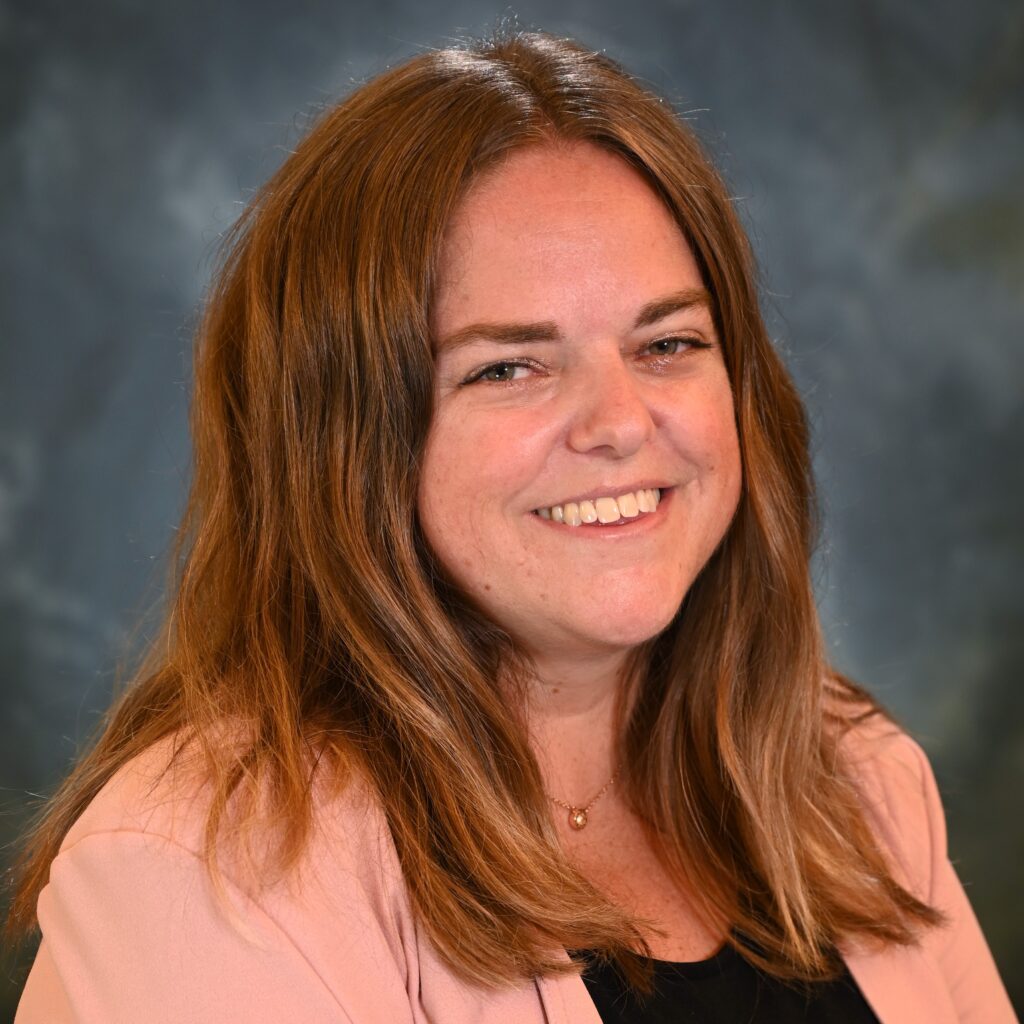
Adriane Van Zwoll (she/her)
MJ, MSW, LCSW
Director of Programs
School-Based Health Alliance
avanzwoll@sbh4all.org
Addie Van Zwoll, MJ, MSW, LCSW, is Director of Programs with the National School Based Health Alliance. She has worked in the school-based health care field at the local, state, and national level since 2011. As a clinical social worker and manager of behavioral health services at a local SBHC, she was able to provide direct clinical services and expand behavioral health programming, including the introduction of alternative to suspension programs and a calm room. Ms. Van Zwoll also served on the Illinois School-Based Health Alliance Steering Committee for several years. Ms. Van Zwoll is passionate about working with adolescents and increasing access to mental health care. Prior to working in the school-based health center field, she began her career in child welfare and juvenile justice, providing children and families with the much-needed support as a case manager, program manager, and therapist. Ms. Van Zwoll is a graduate of Western Michigan University (Bachelor of Social Work, Bachelor of Arts-Criminal Justice, 2006), University of Michigan (Master of Social Work, 2007), Loyola University Chicago (Master of Jurisprudence in Children’s Law & Policy, 2014), has a certificate in School Discipline Reform also from Loyola University Chicago, and is currently pursuing her PhD in Social Work from Loyola University Chicago.

Miranda Virone (she/her)
OTD, MS, OTR/L, CTP
School Mental Health Community of Practice Facilitator
American Occupational Therapy Association
miranda@vantageed.com
As an occupational therapist, I have an extensive background in the physical, psychological, and social development of children and youth. My doctorate research, work, and publications aim to support positive mental health among children and youth in the various environments where they live, learn and grow. I’ve worked in public and private education sectors for nearly a decade affording me an understanding of the unique needs of administrators, faculty, and students. My work with local, state, and national programming initiatives allows me to connect those supports to schools, students, and families who can benefit from them.
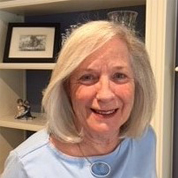
Jane Walker (she/her)
LCSW
Senior Consultant
FREDLA
jwalker@fredla.org
Jane A. Walker is a licensed social worker and the mother of five children. Ms. Walker’s second oldest daughter, Cathy, developed mental health needs as a young child and was sent out of state to residential care at age 12 because, at the time, services were not available in Maryland. As a result of that experience, Ms. Walker has devoted her life to improving services for children with mental health needs and their families. She was a founding member of the National Federation of Families for Children’s Mental Health in 1989 and served as President of the Federation Board of Directors for two years. In 1999, she founded the Maryland Coalition of Families for Children’s Mental Health and served as Executive Director for 14 years. Ms. Walker served as the first Executive Director of FREDLA from January of 2014 through December of 2018. Ms. Walker is the recipient of numerous awards for her advocacy and leadership in children’s mental health.
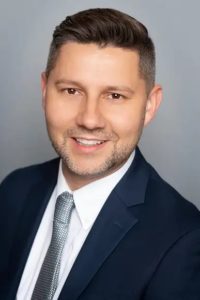
Tony Walker (he/him)
PhD, LPC-S
Senior Vice President of Academic Affairs
The Jed Foundation
tony@jedfoundation.org
Dr. Tony Walker serves on the executive team of The Jed Foundation – a national nonprofit that serves as a thought leader on school mental health and suicide prevention. The Jed Foundation works within Higher Education Institutions and PK-12 schools and districts to help leaders build systems that protect the mental health of youth. In his role, Dr. Walker leads JED’s Academic Programs team, supporting implementation of JED’s programs, consultation work, and best practices of comprehensive school mental health and suicide prevention programming across our nation’s education landscape. Tony is a Licensed Professional Counselor and Certified School Counselor, and holds a Bachelor’s degree in Education from the University of Missouri, a Master’s degree in Counseling, and Doctorate in Counselor Education and Supervision from Texas Tech University. His research interests include leader coaching and mentorship, wellness programming, school-based mental health program development, and mental health crisis response across PK-12 and Higher Education systems, as well as LGBTQ+ issues in mental health. 🌈
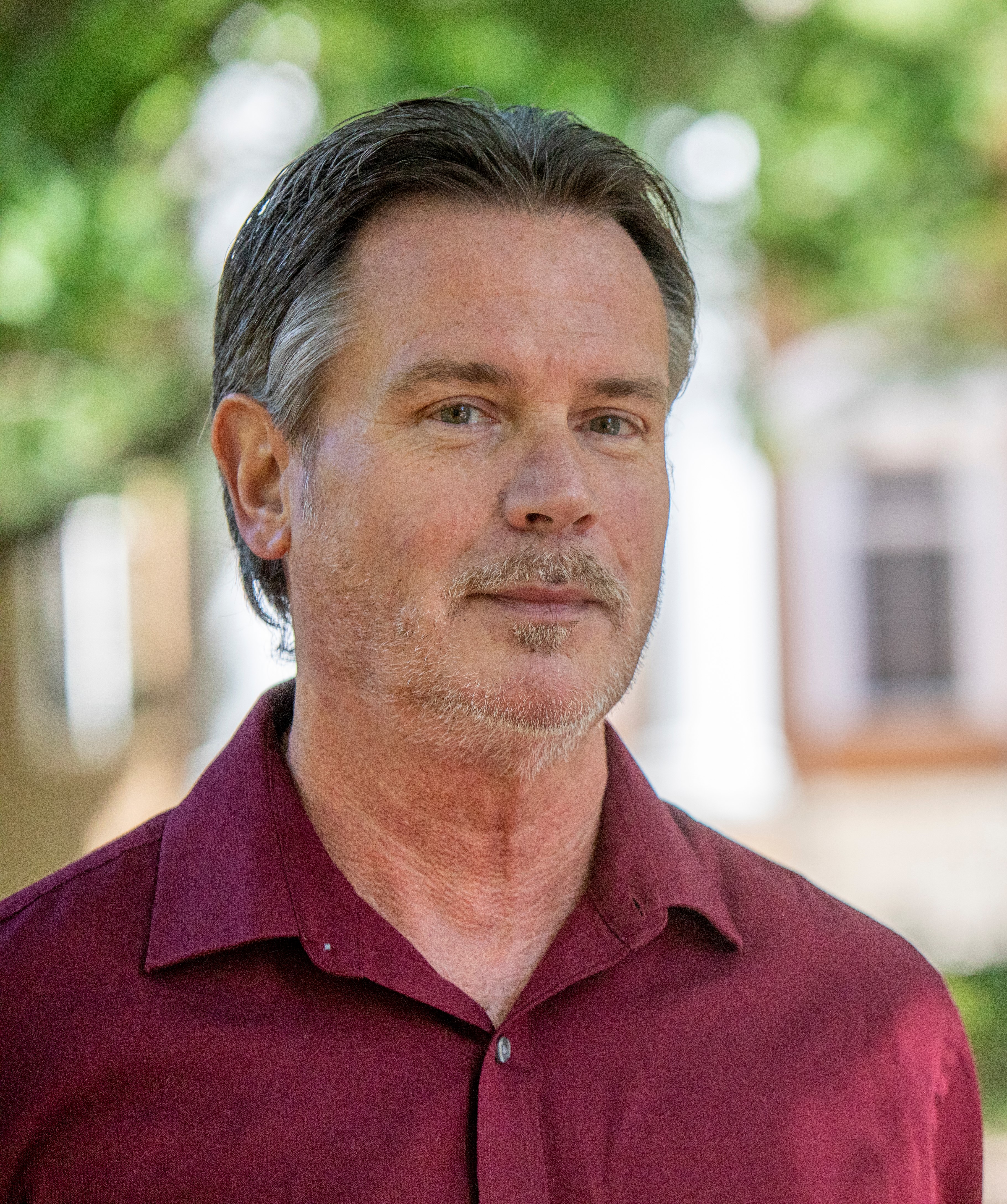
Mark Weist (he/him)
PhD
Professor; Director, Clinical-Community Psychology Doctoral Program
University of South Carolina
weist@mailbox.sc.edu
Mark D. Weist received a Ph.D. in clinical psychology from VirginiaTech in 1991 after completing his internship at Duke University, and is a Professor in the Department of Psychology at the University of South Carolina (UofSC). In 1995, with colleagues from the University of Maryland, he established the National Center for School Mental Health, now in its 29th year of supporting this field (see www.schoolmentalhealth.org). He is also a partner on the National Center on Positive Behavioral Interventions and Supports (see www.pbis.org). He has edited or developed 15 books and has published and presented widely in areas of mental health-education system partnerships, school behavioral health (SBH), trauma, violence and youth, evidence-based practice, cognitive behavioral therapy, supporting military families, and advancing policies that support children and youth at local, state, regional, national, and international levels of scale. With colleagues, he currently leads the Southeastern School Behavioral Health Community (see www.schoolbehavioralhealth.org), and is leading or co-leading a number of federally funded studies on strategies to improve SBH effectiveness, impact and scaling up. Mark recently received the Faculty Achievement Award from the Southeastern Conference (campus winner from the UofSC).
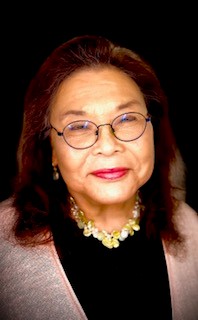
Marleen Wong (she/her)
PhD, Clinical Social Work
CEO
Center for Safe and Resilient Schools and Workplaces
marleen@safeandresilient.org
Advisory Board Liaison: Perrin Robinson, probinso@som.umaryland.edu
